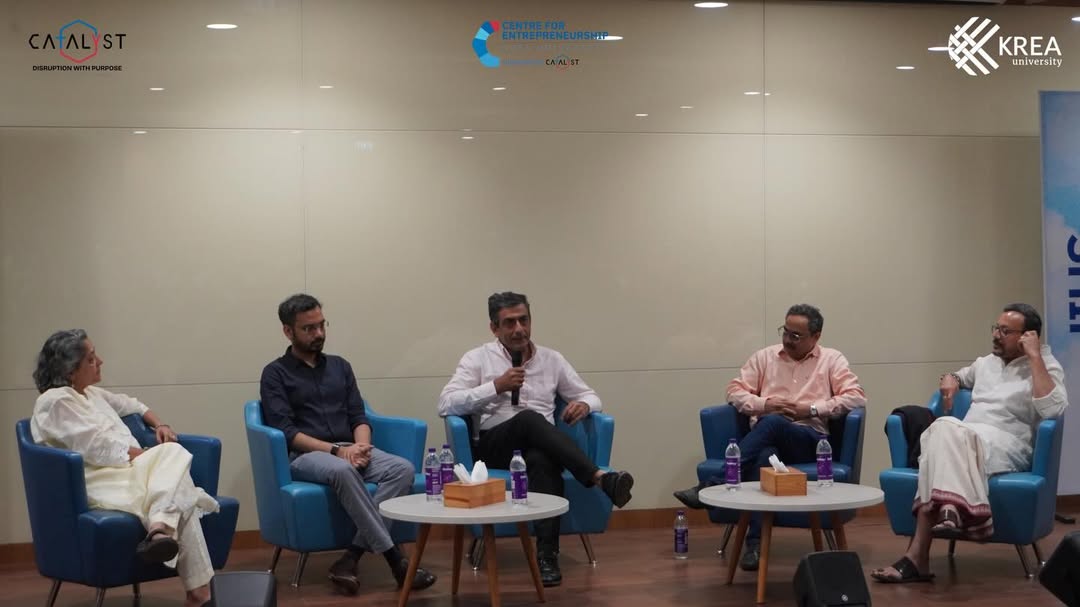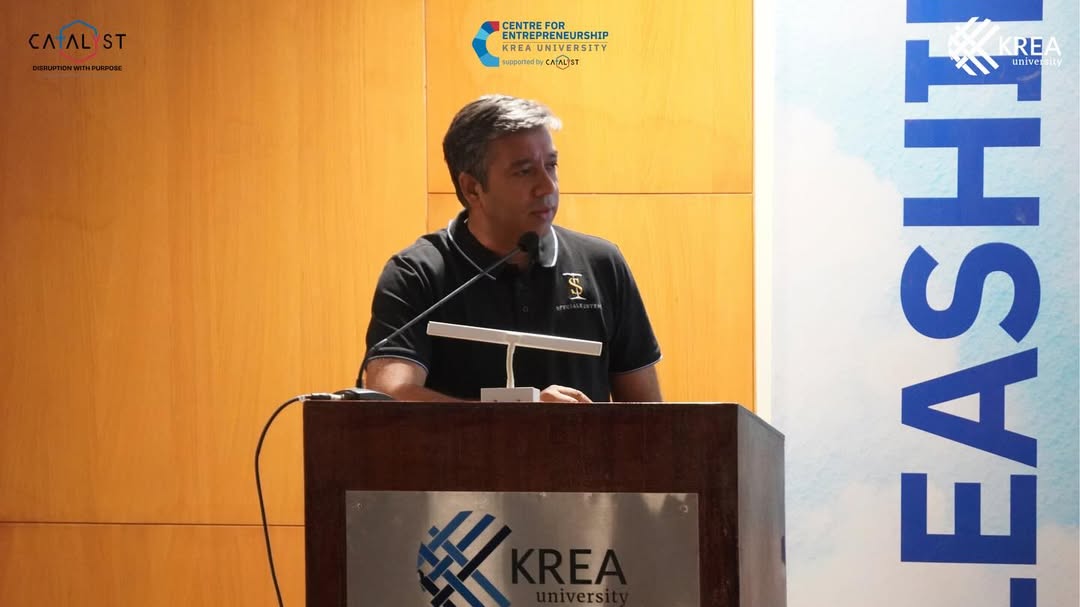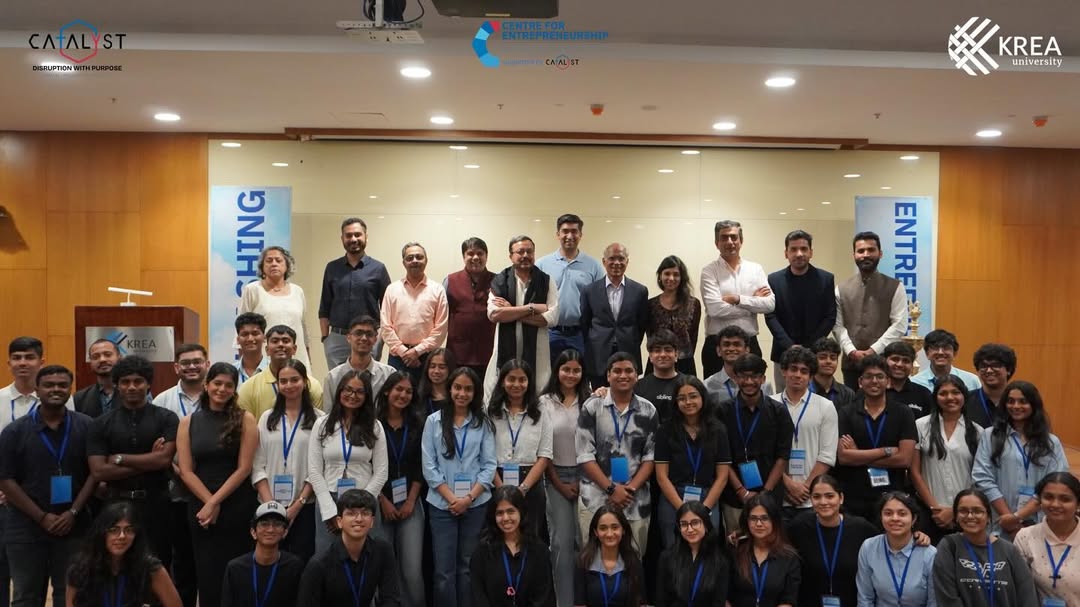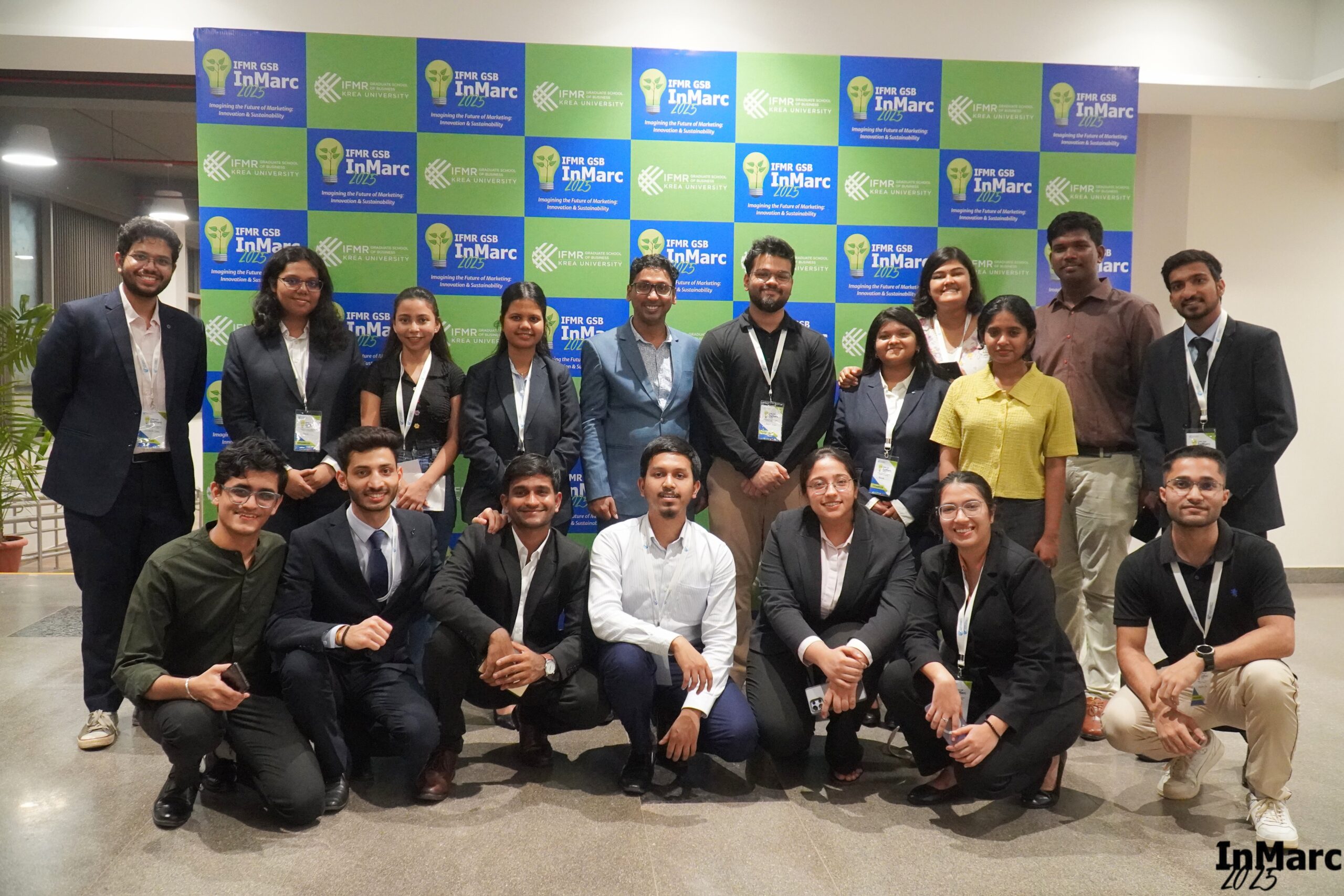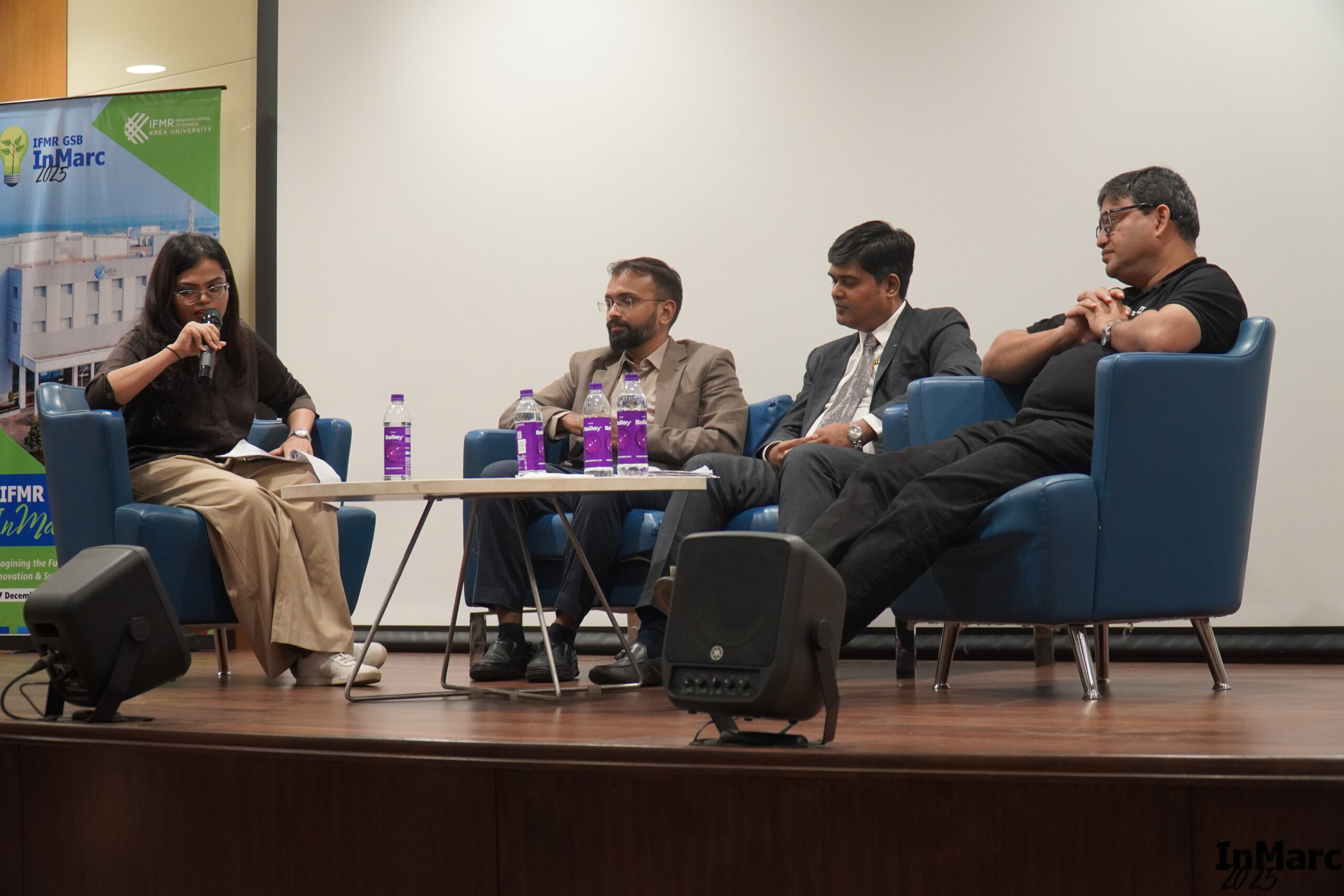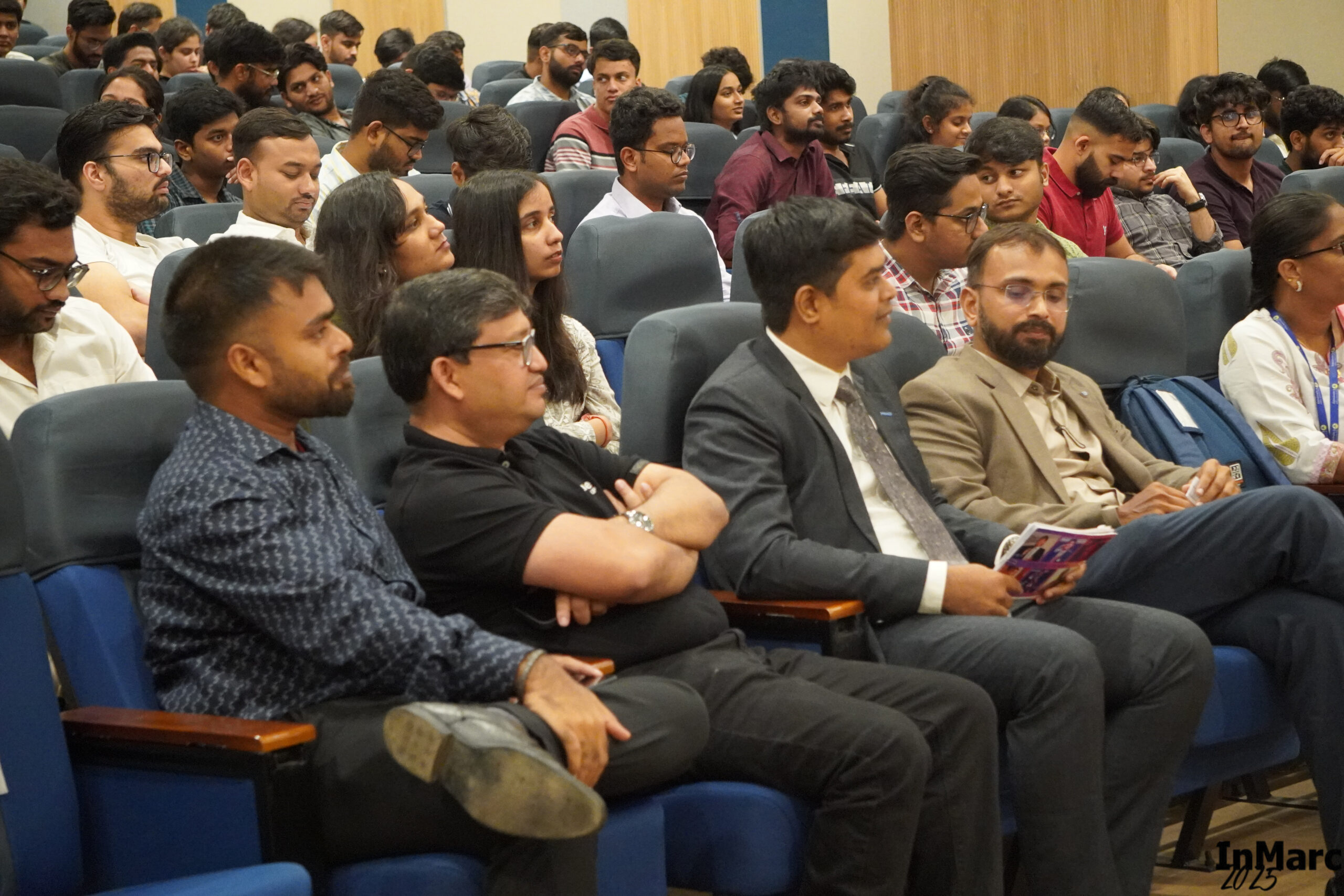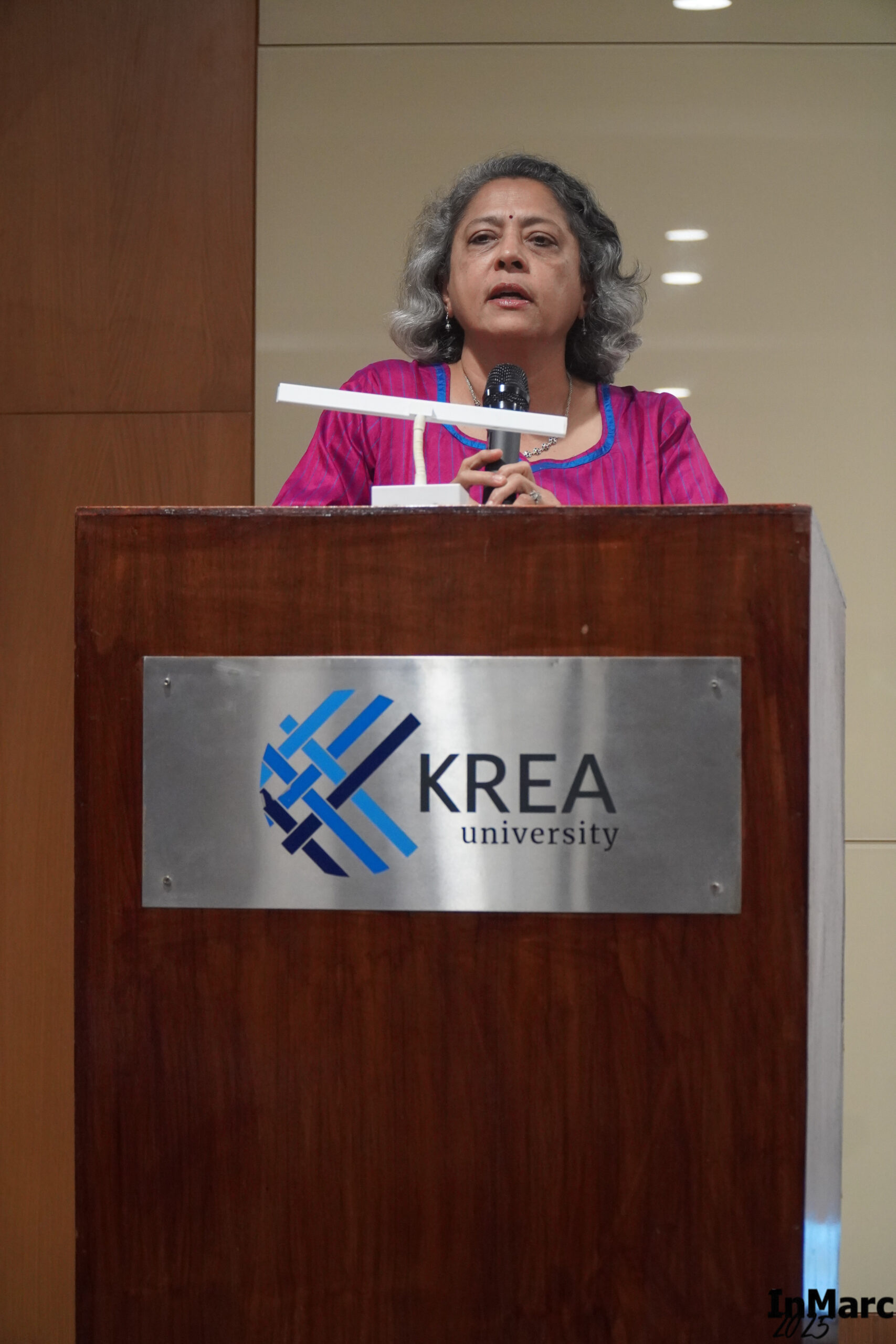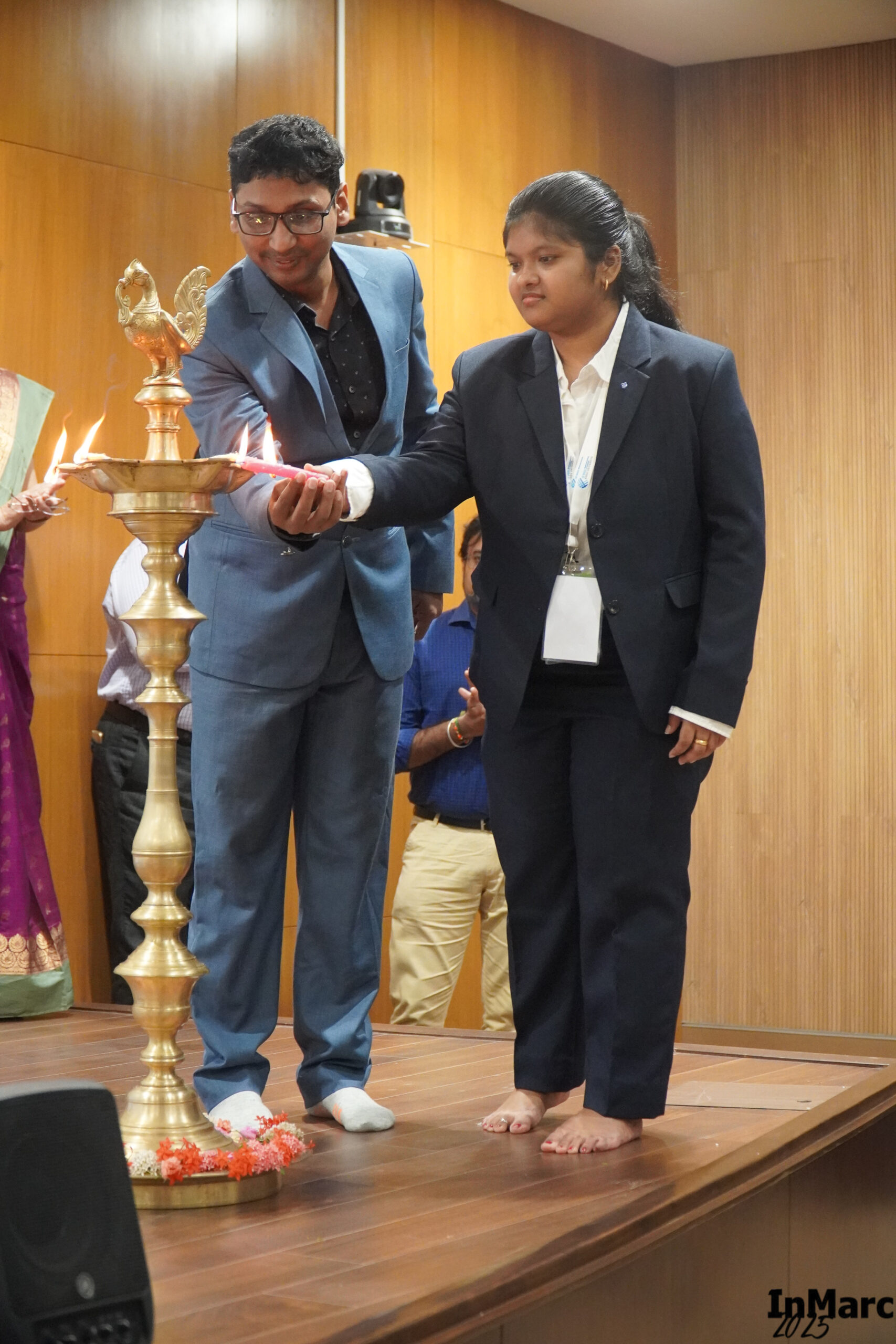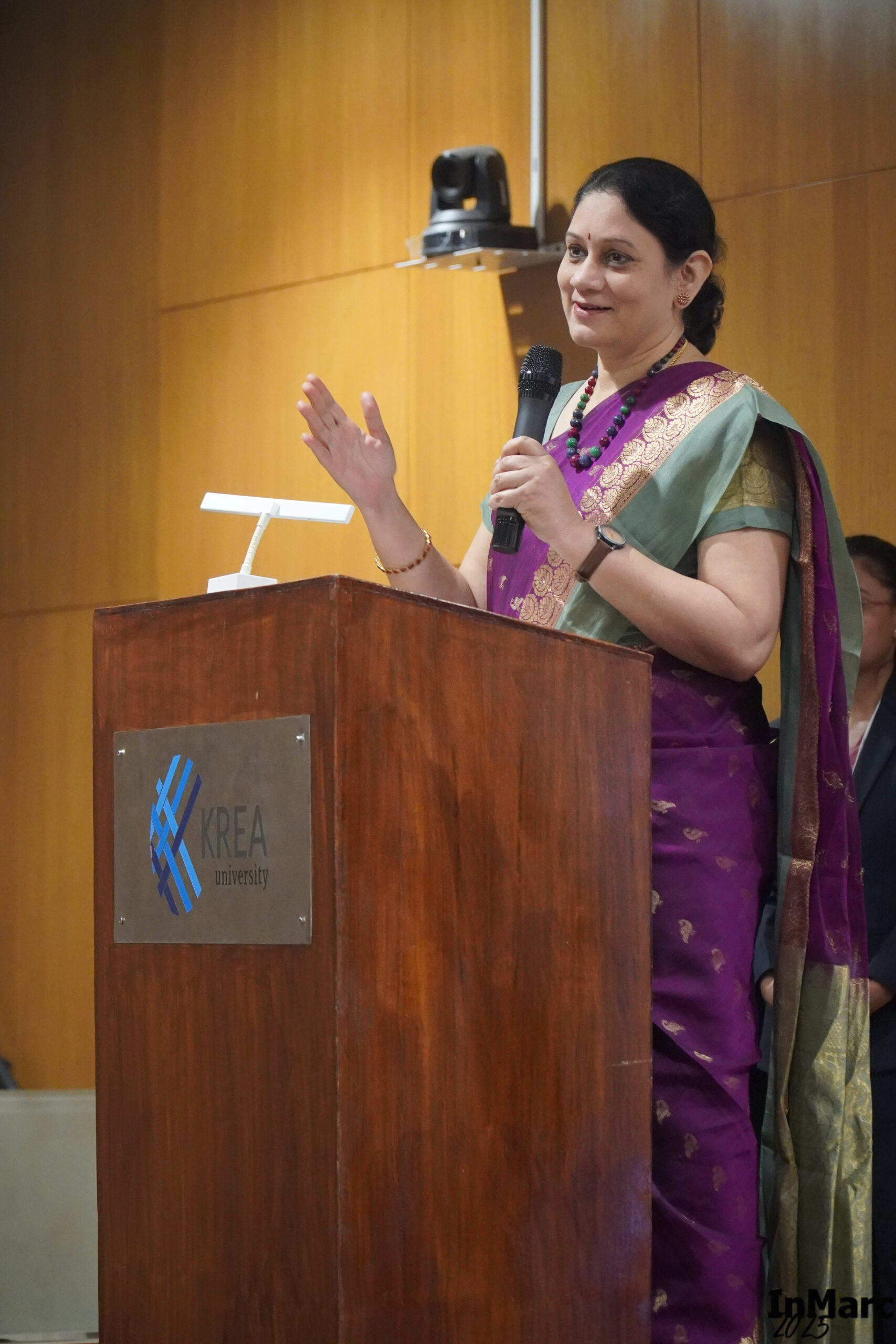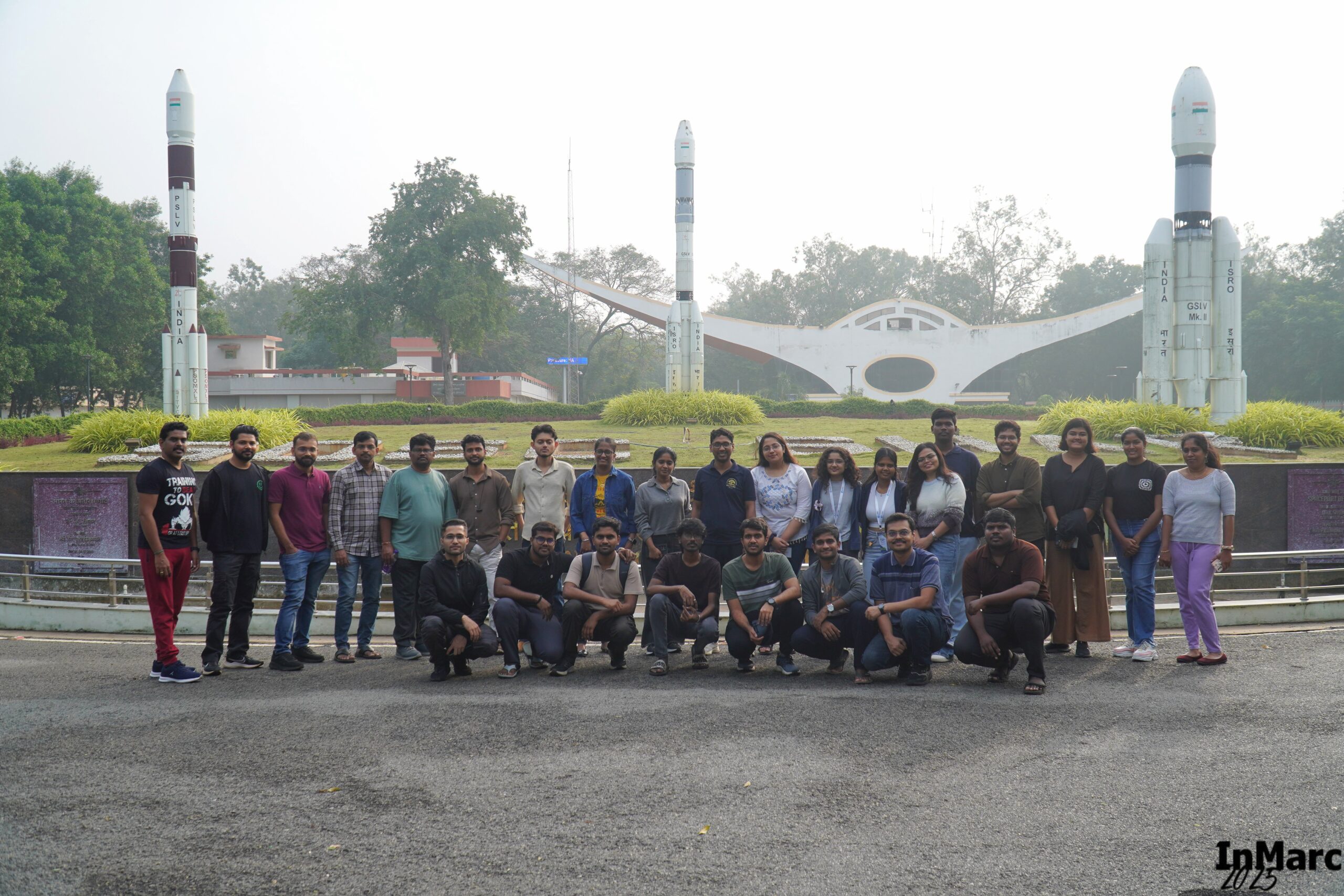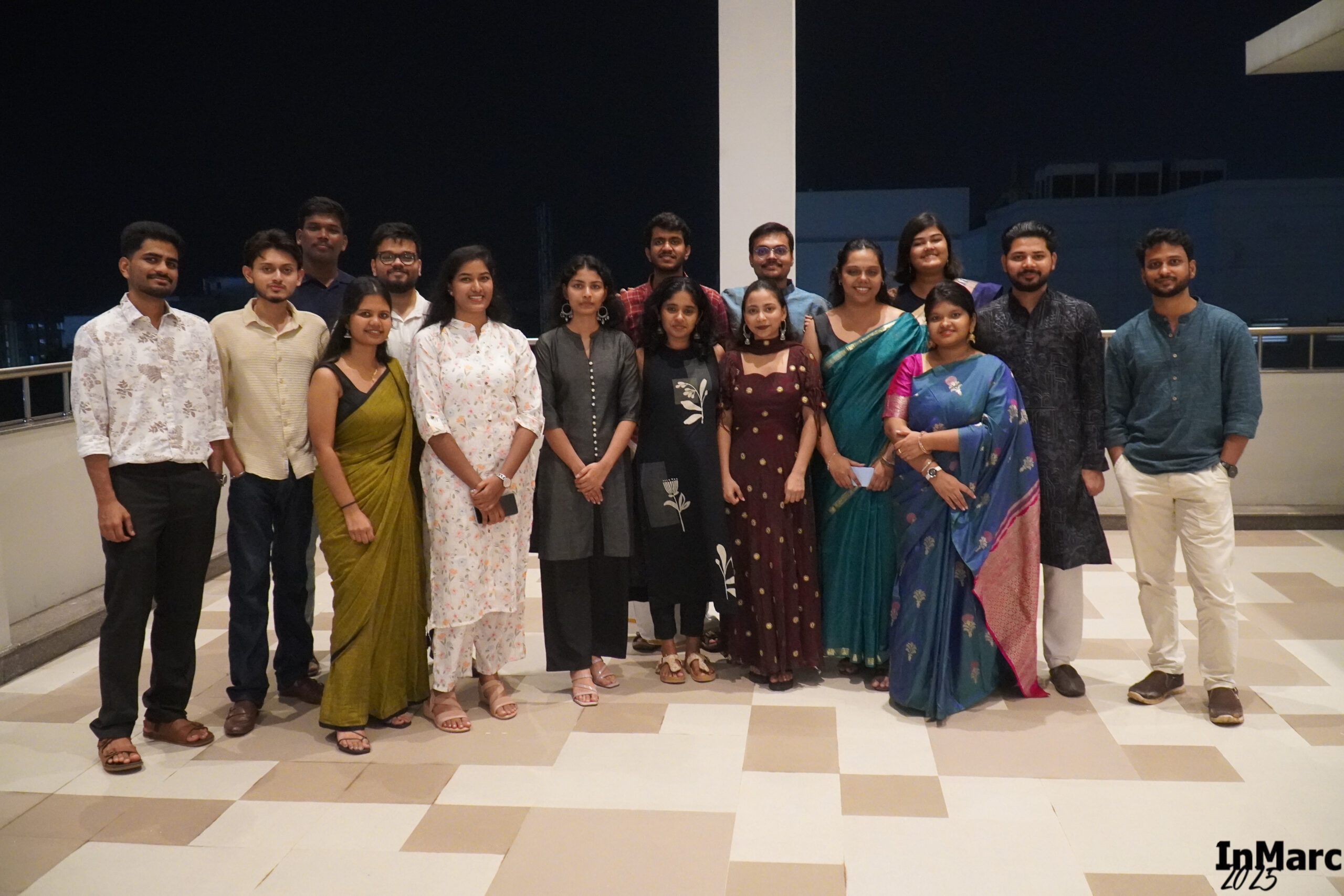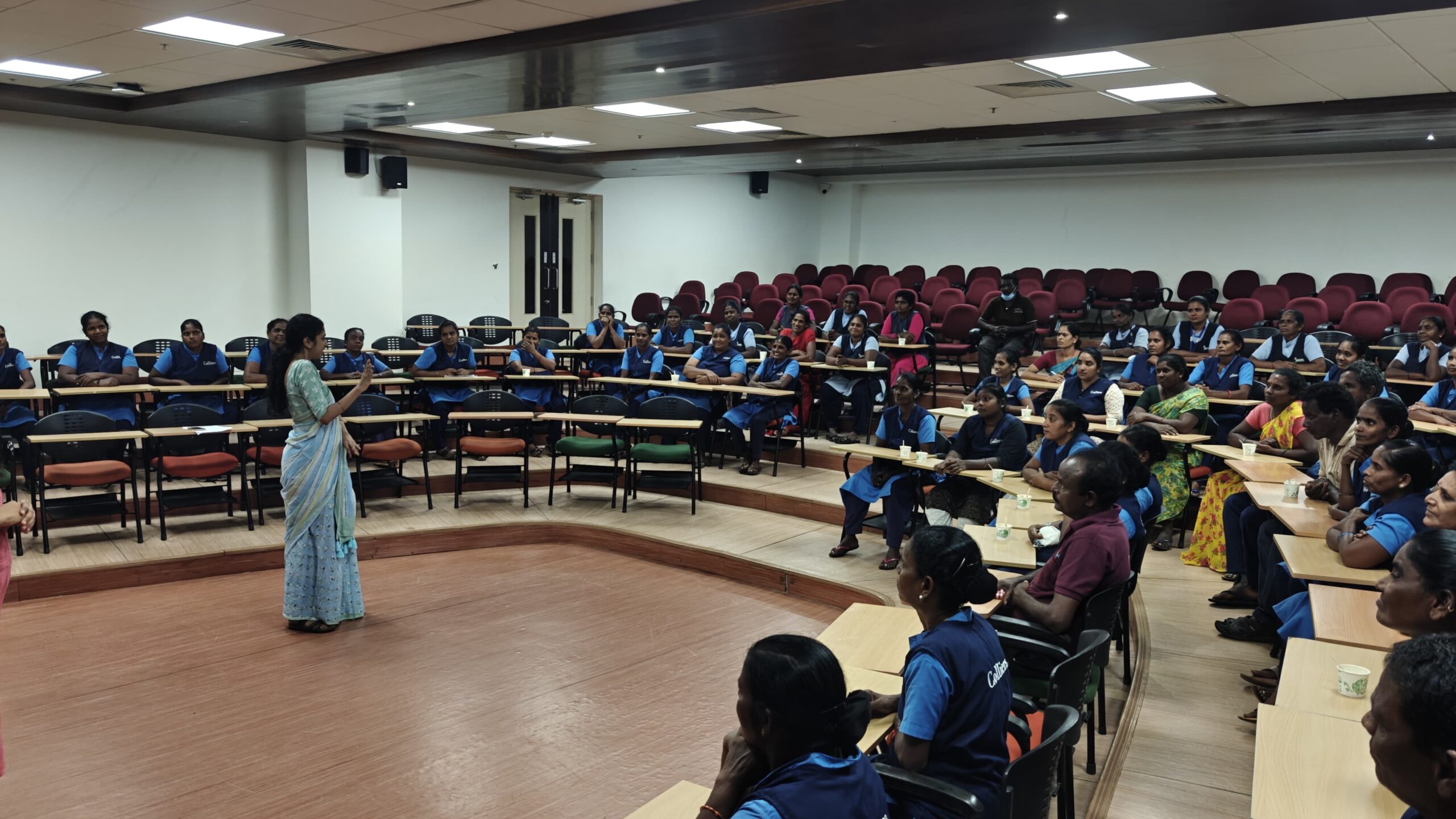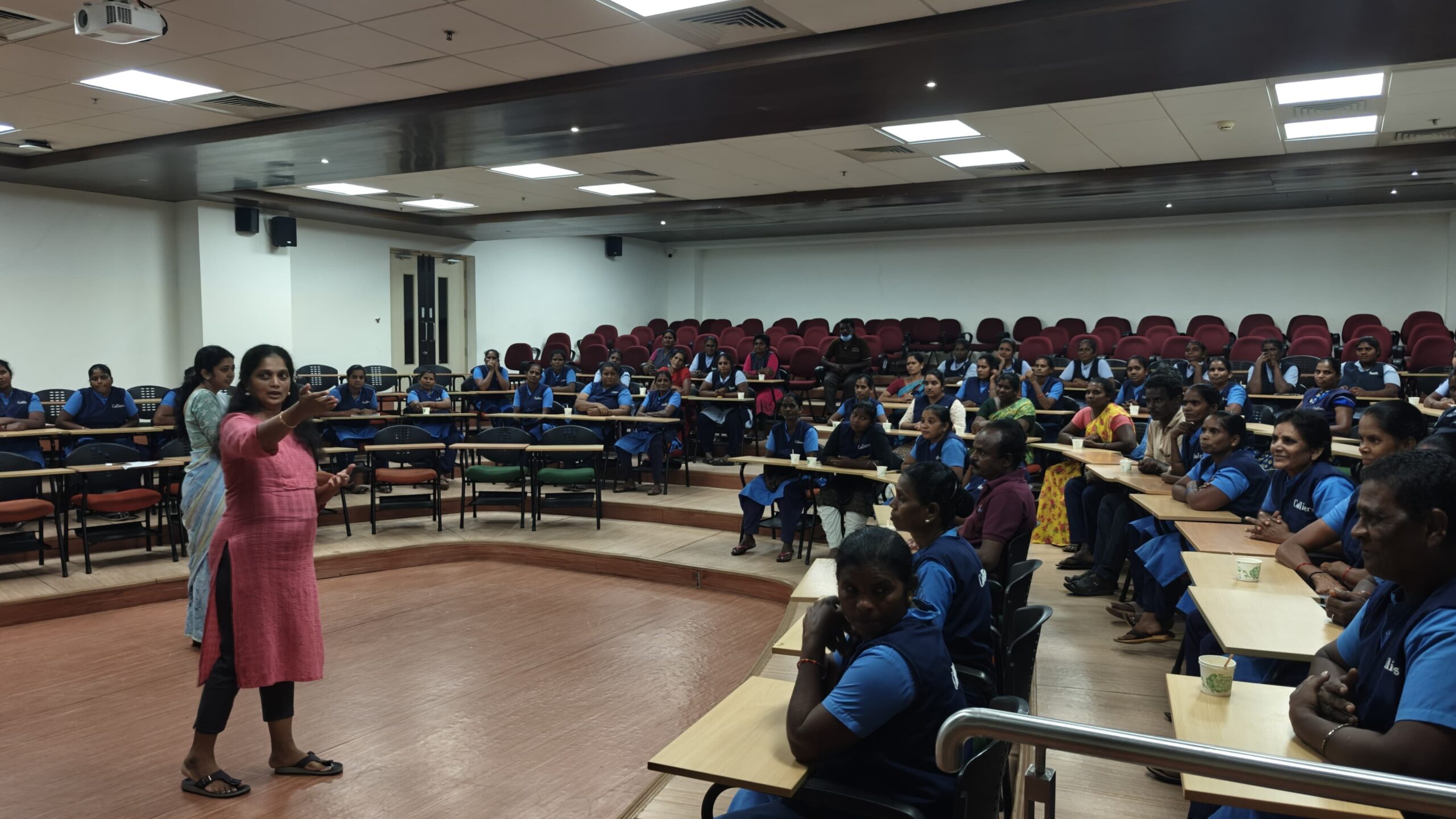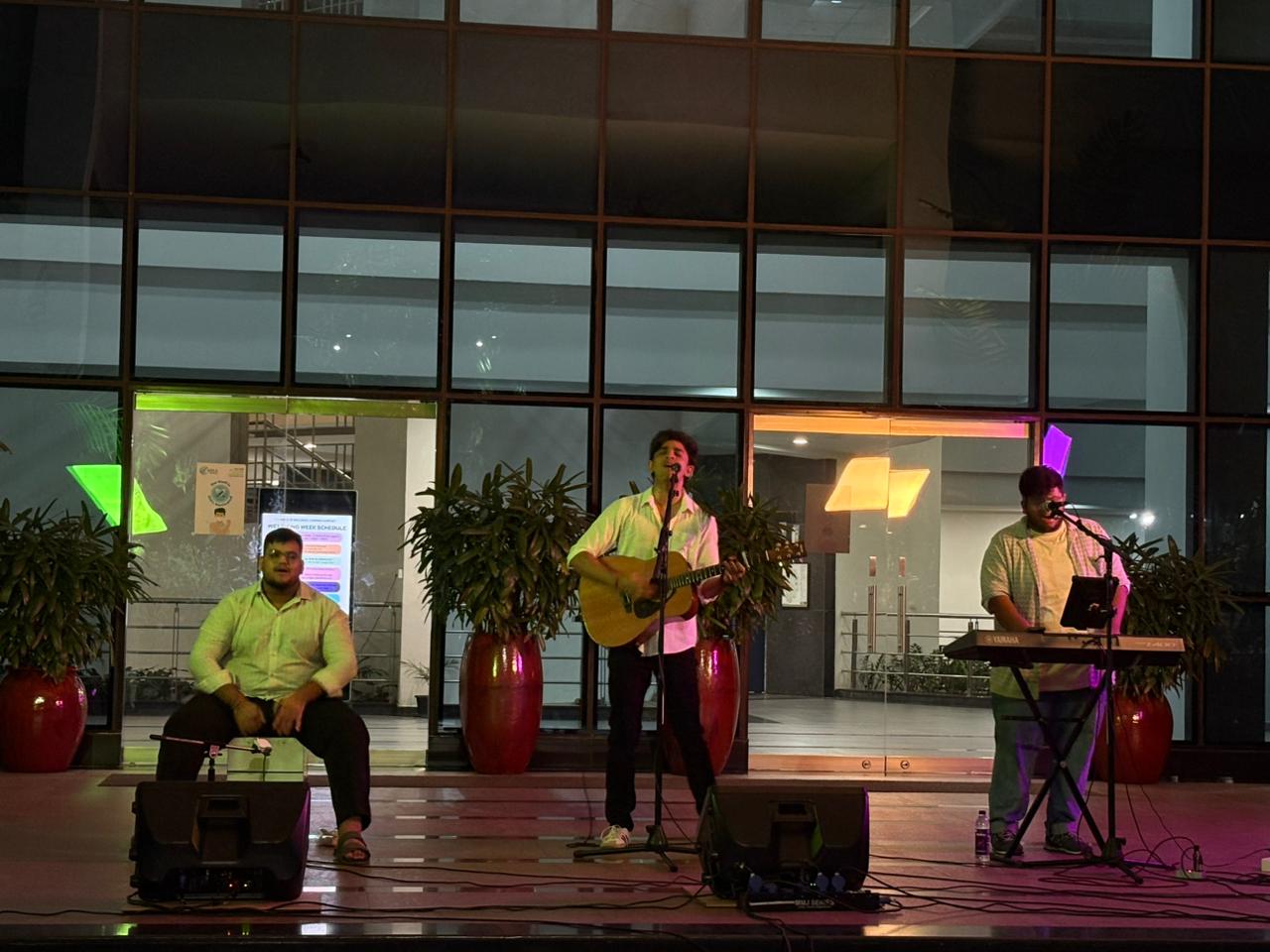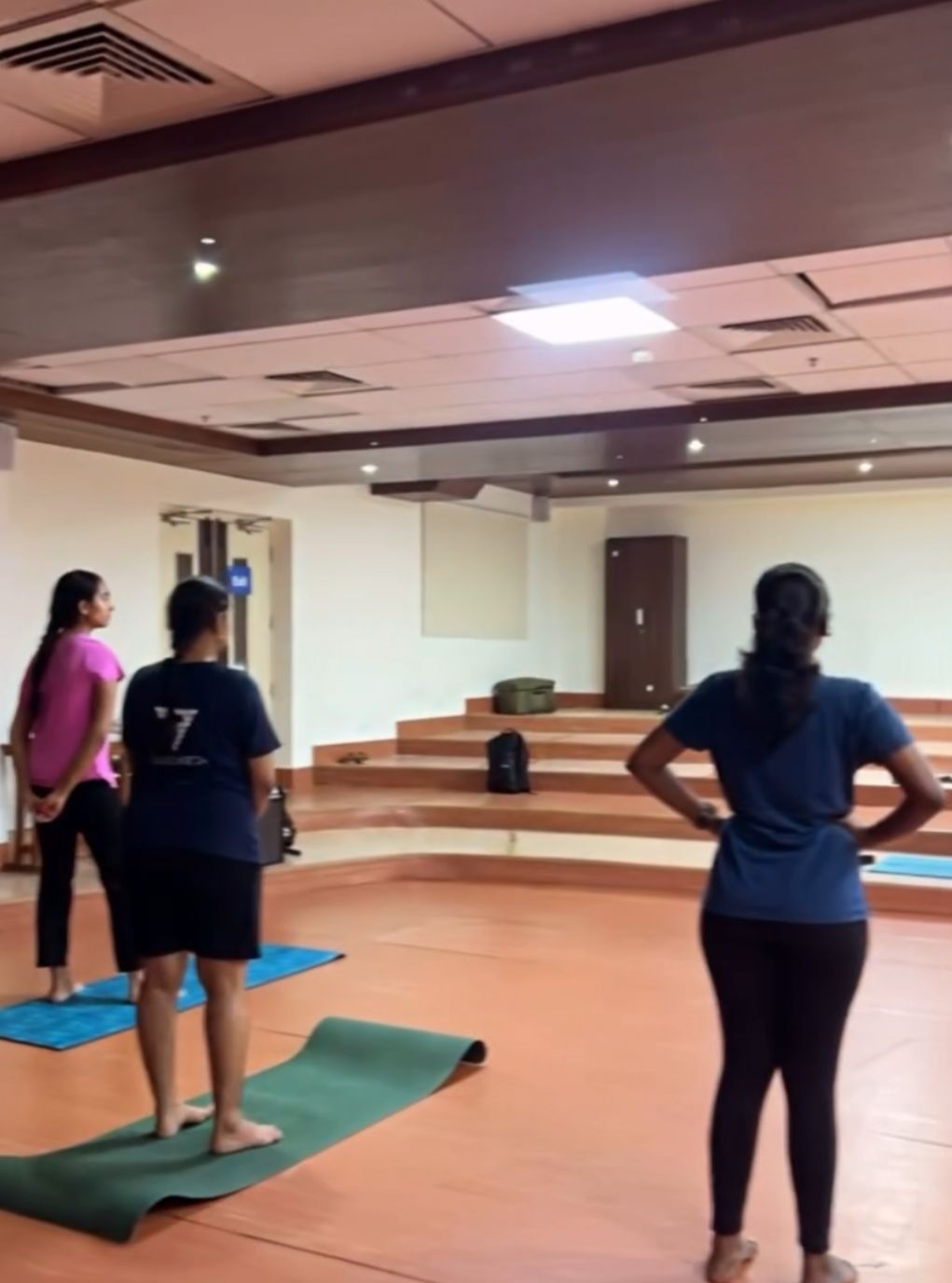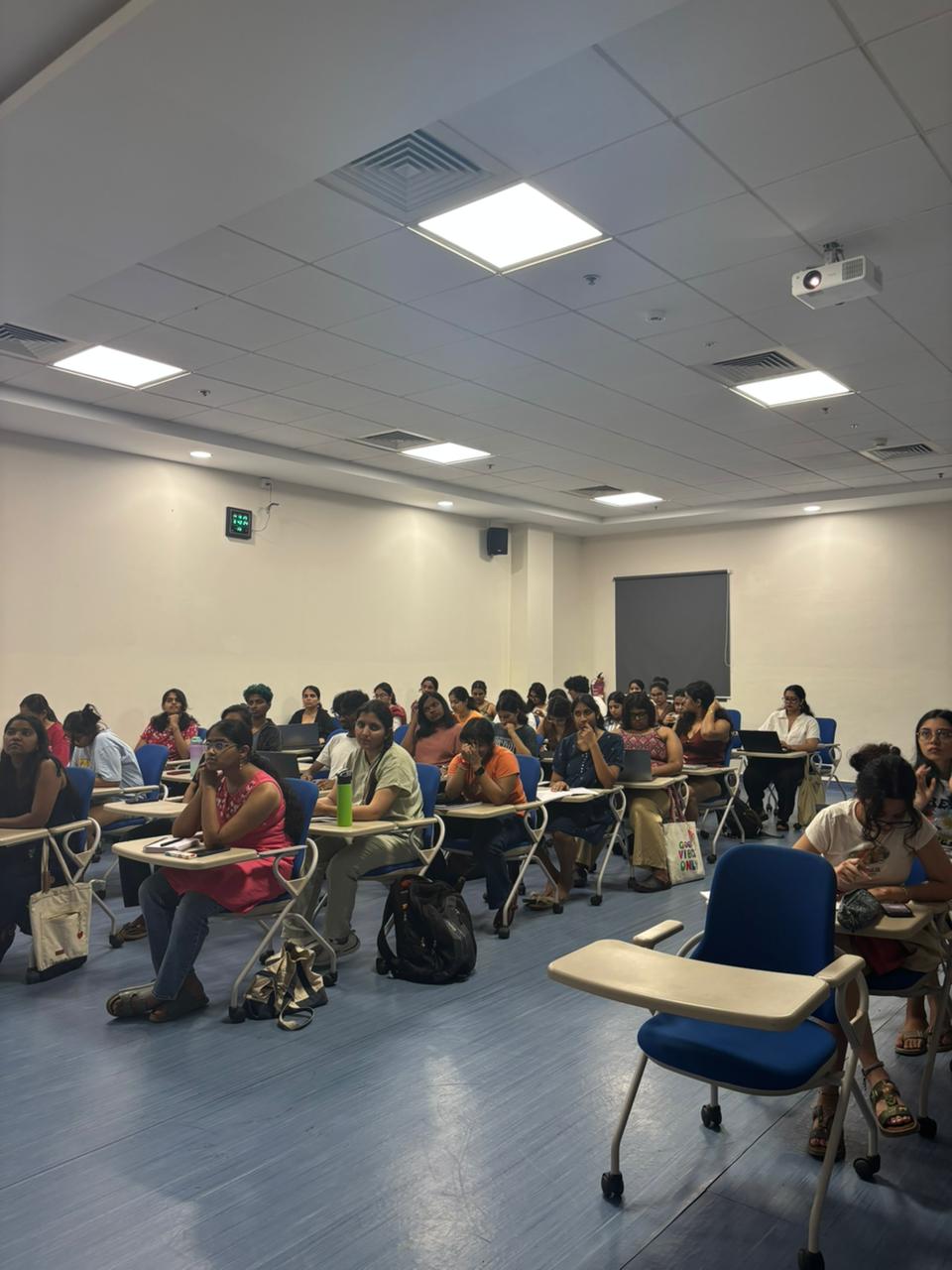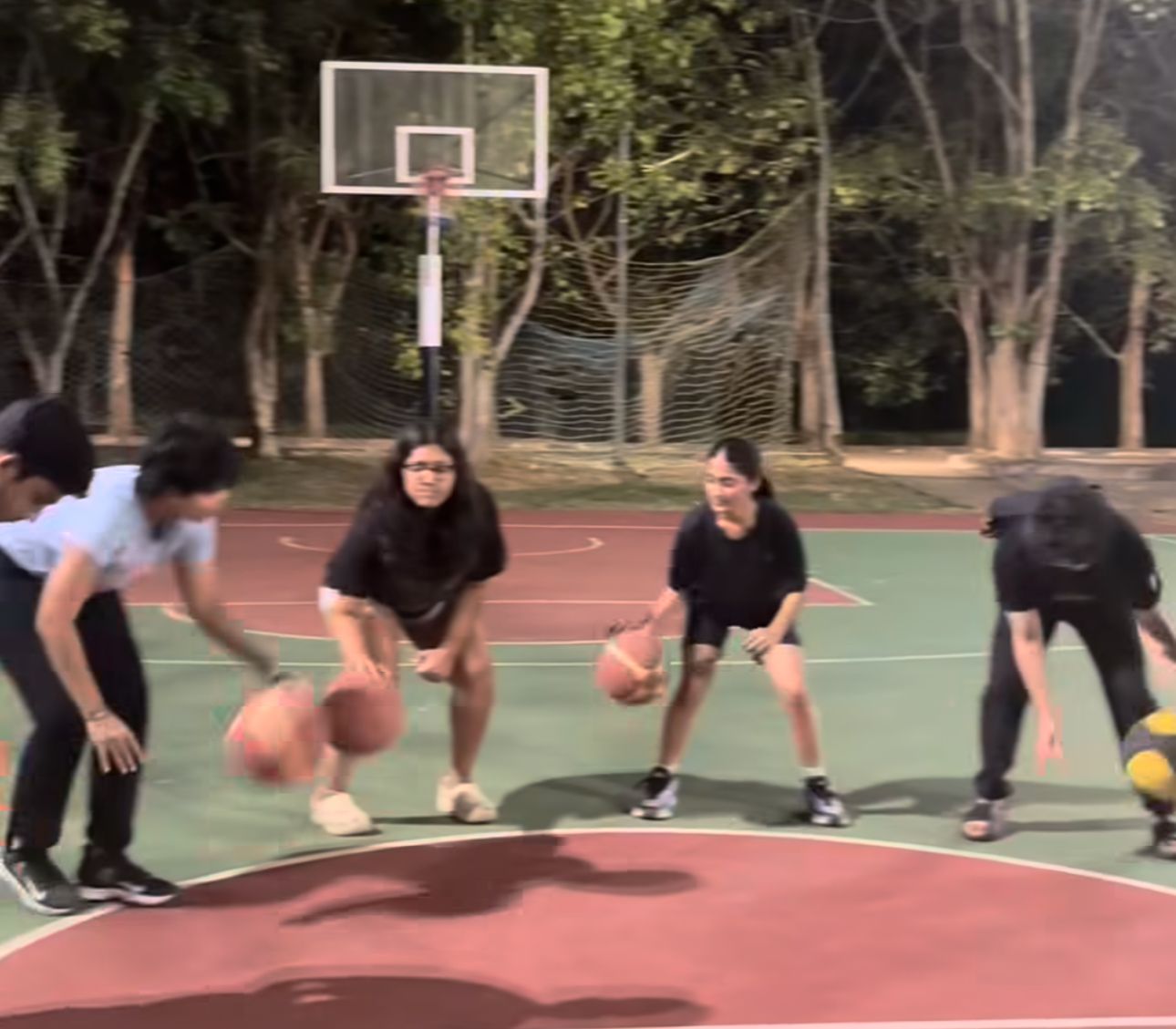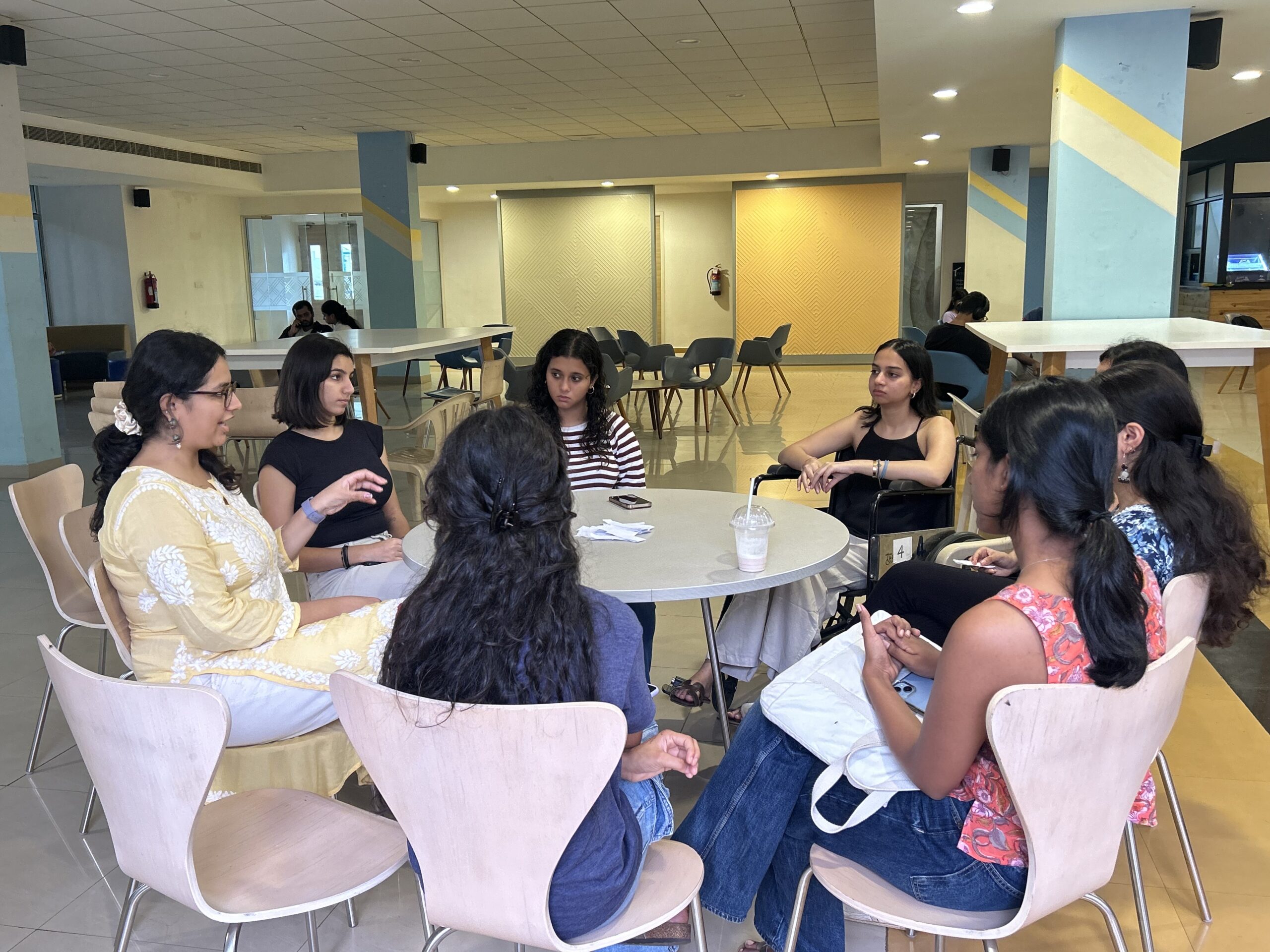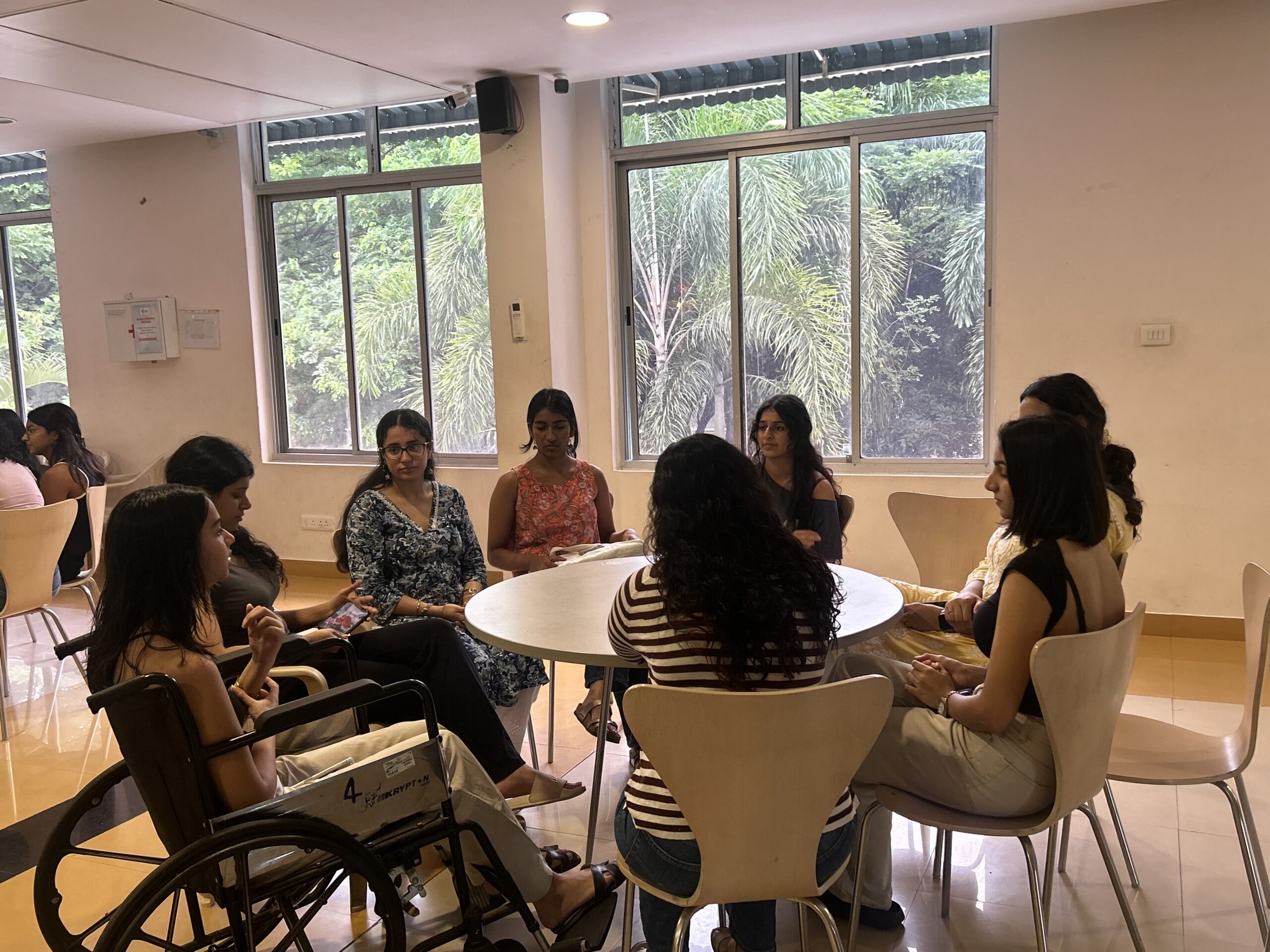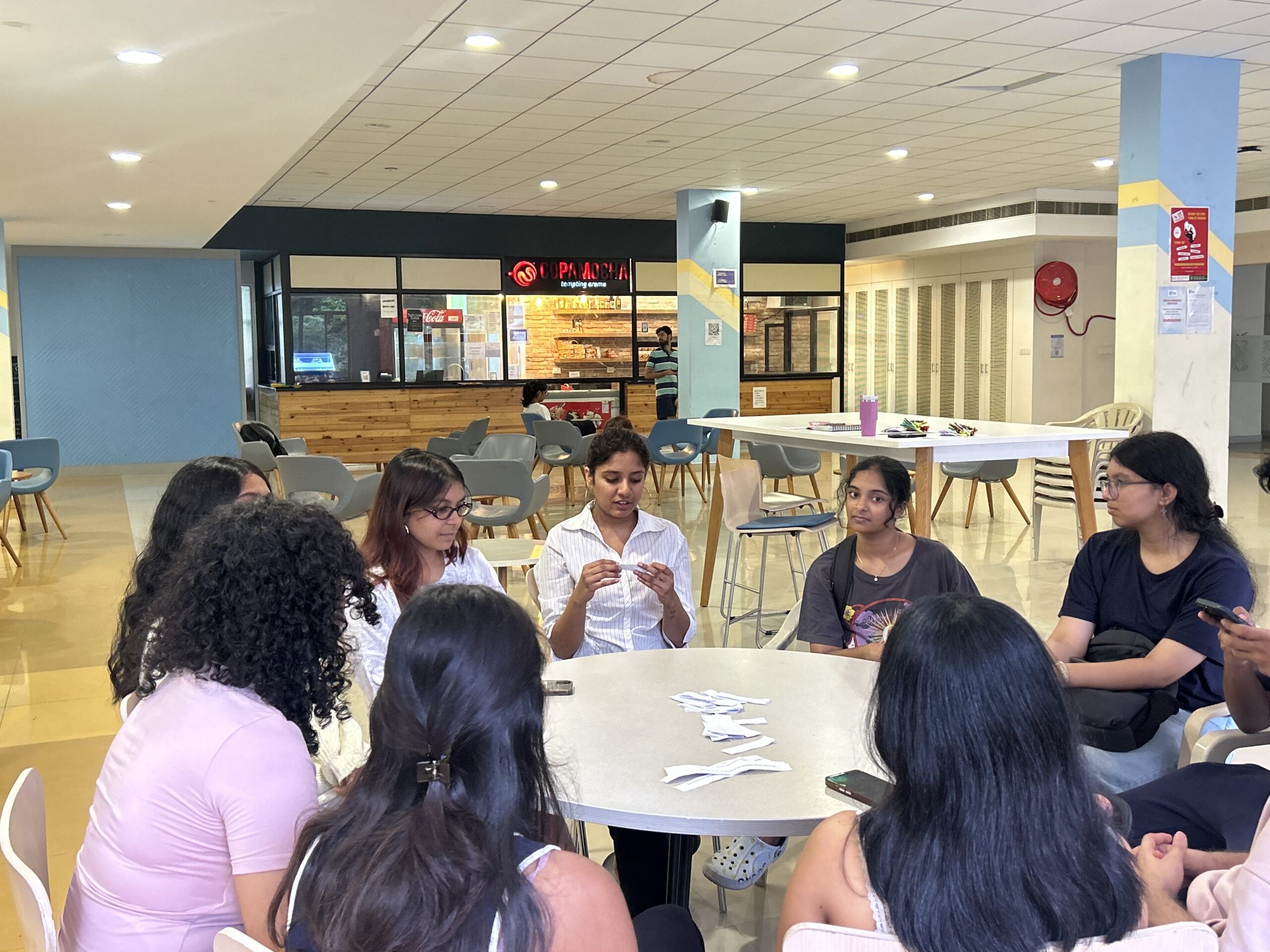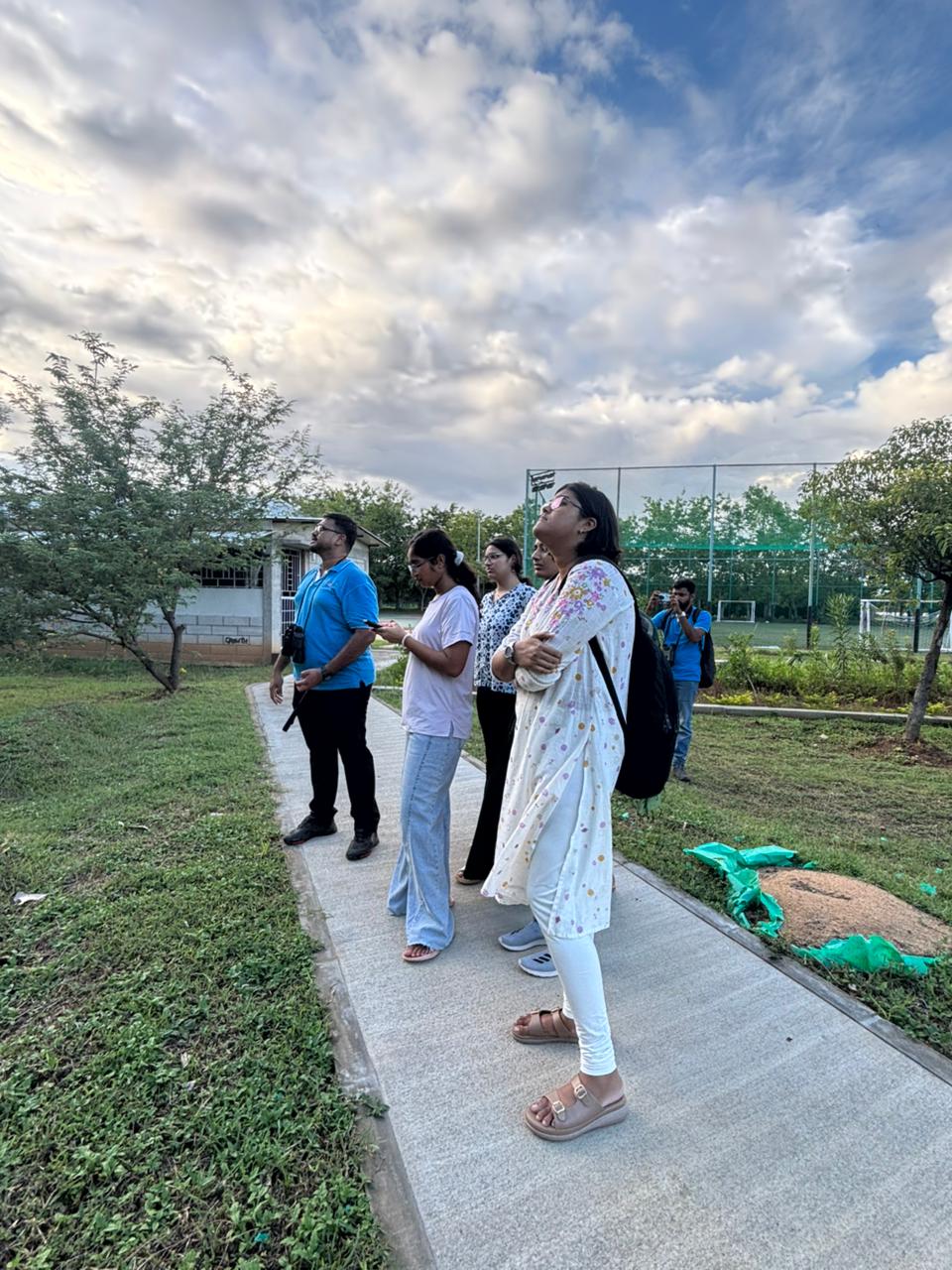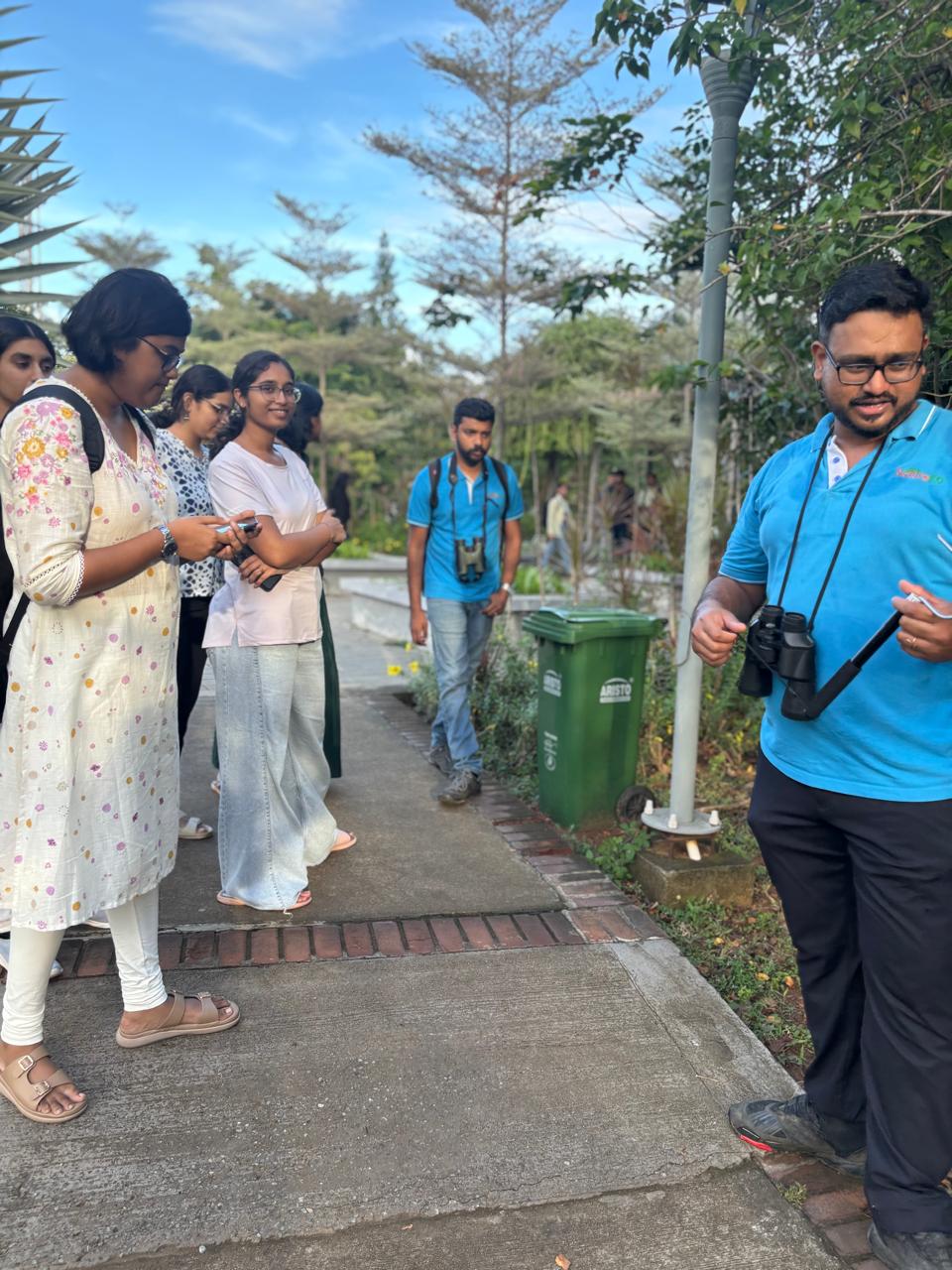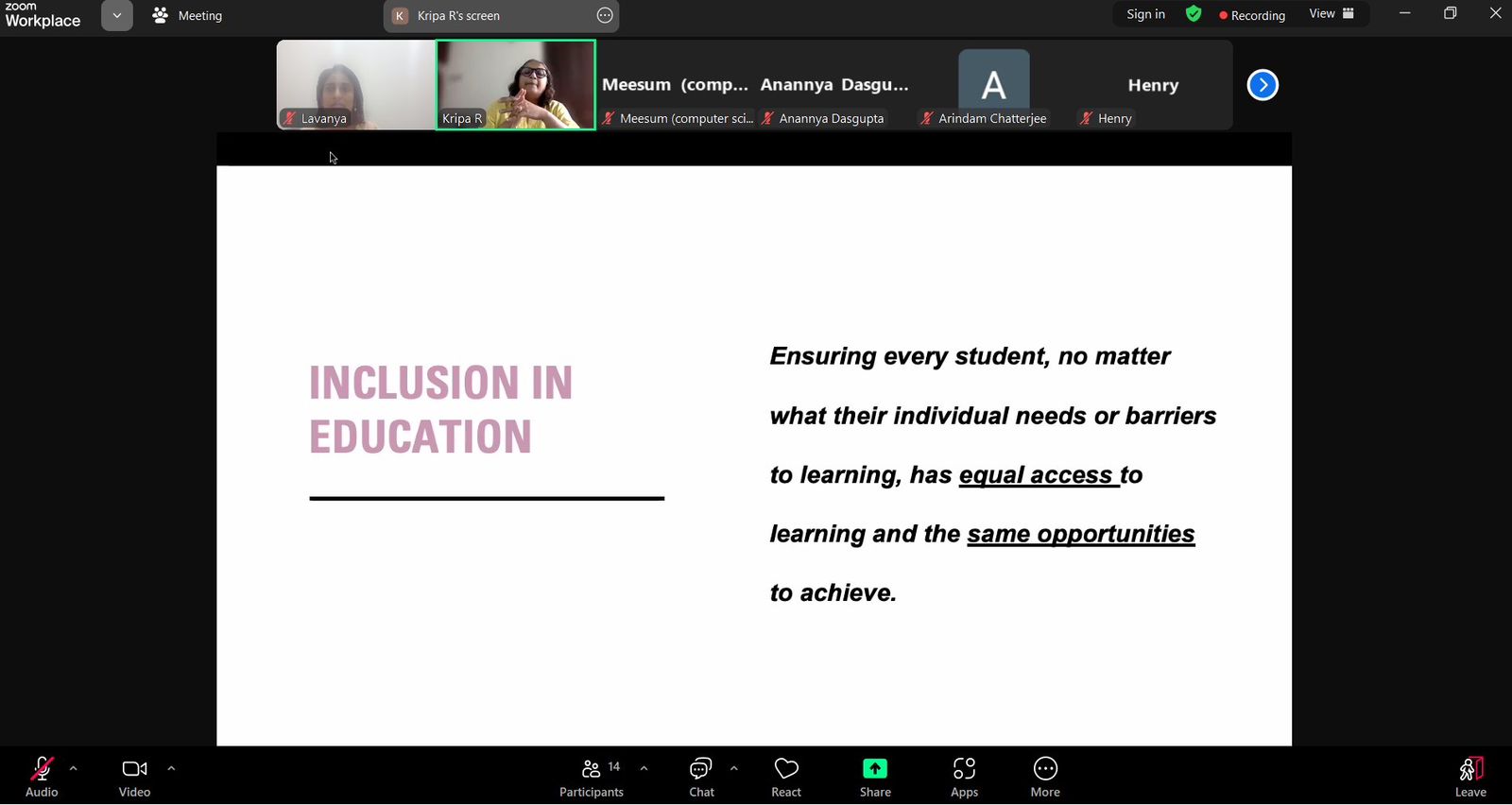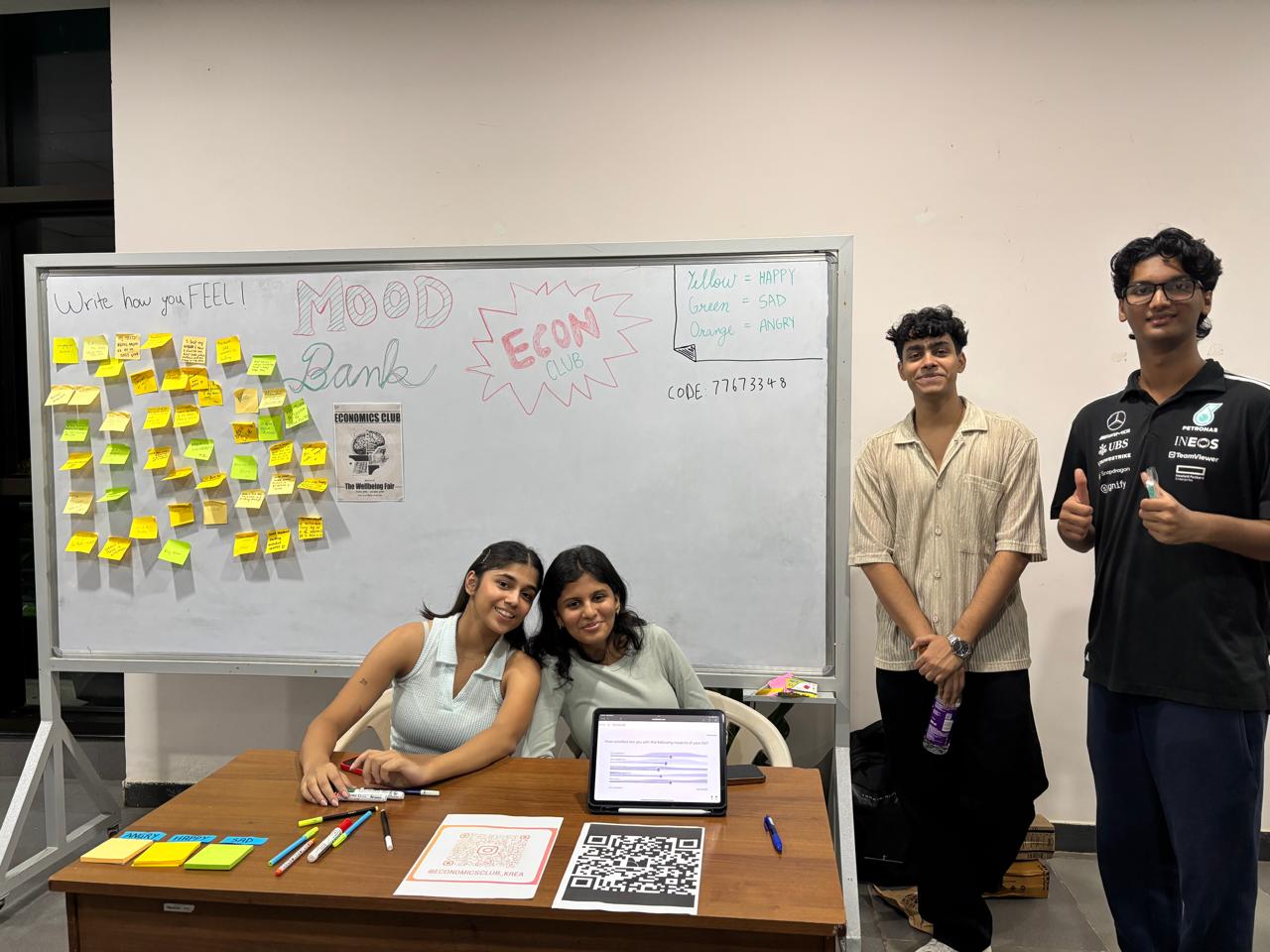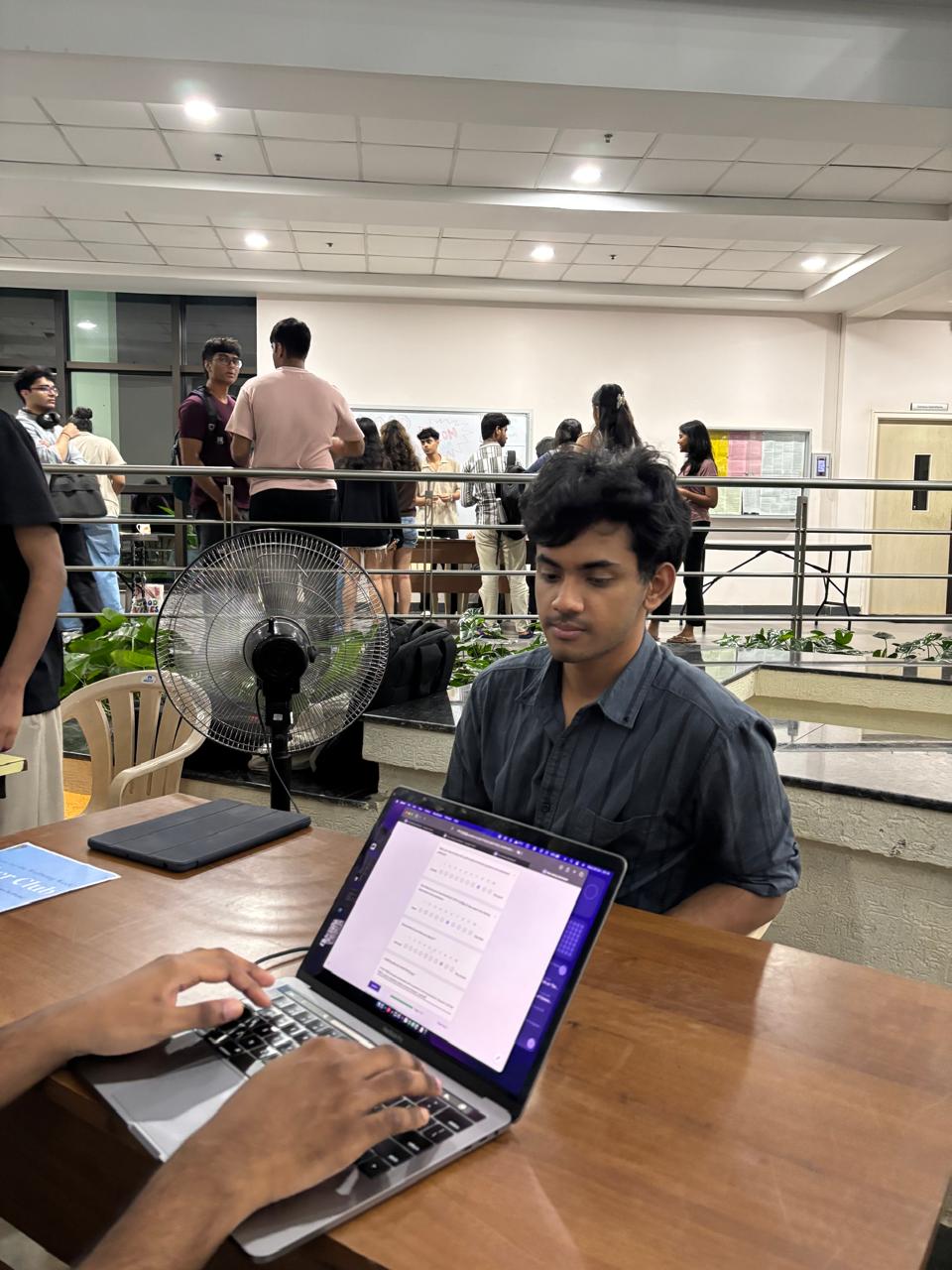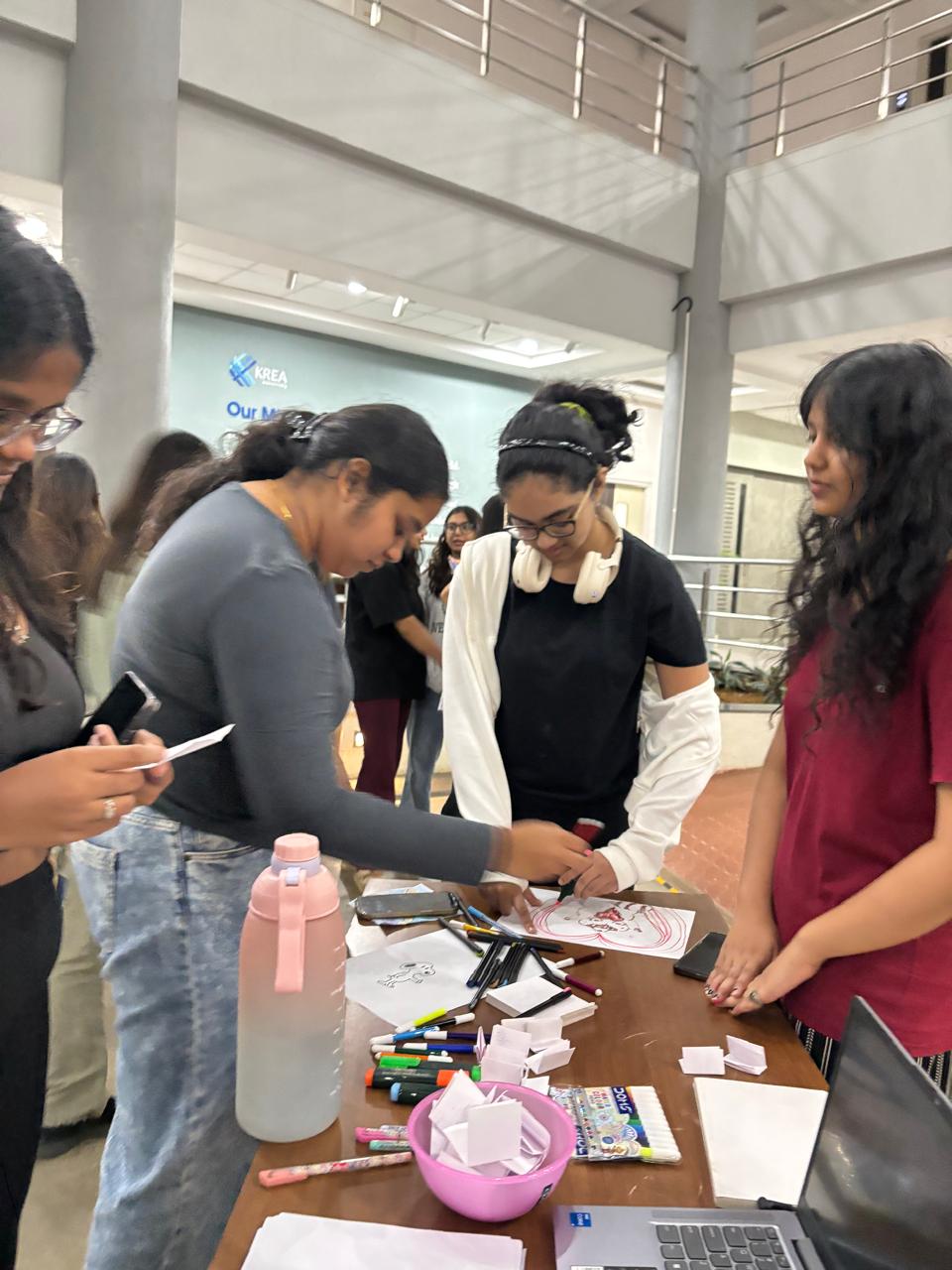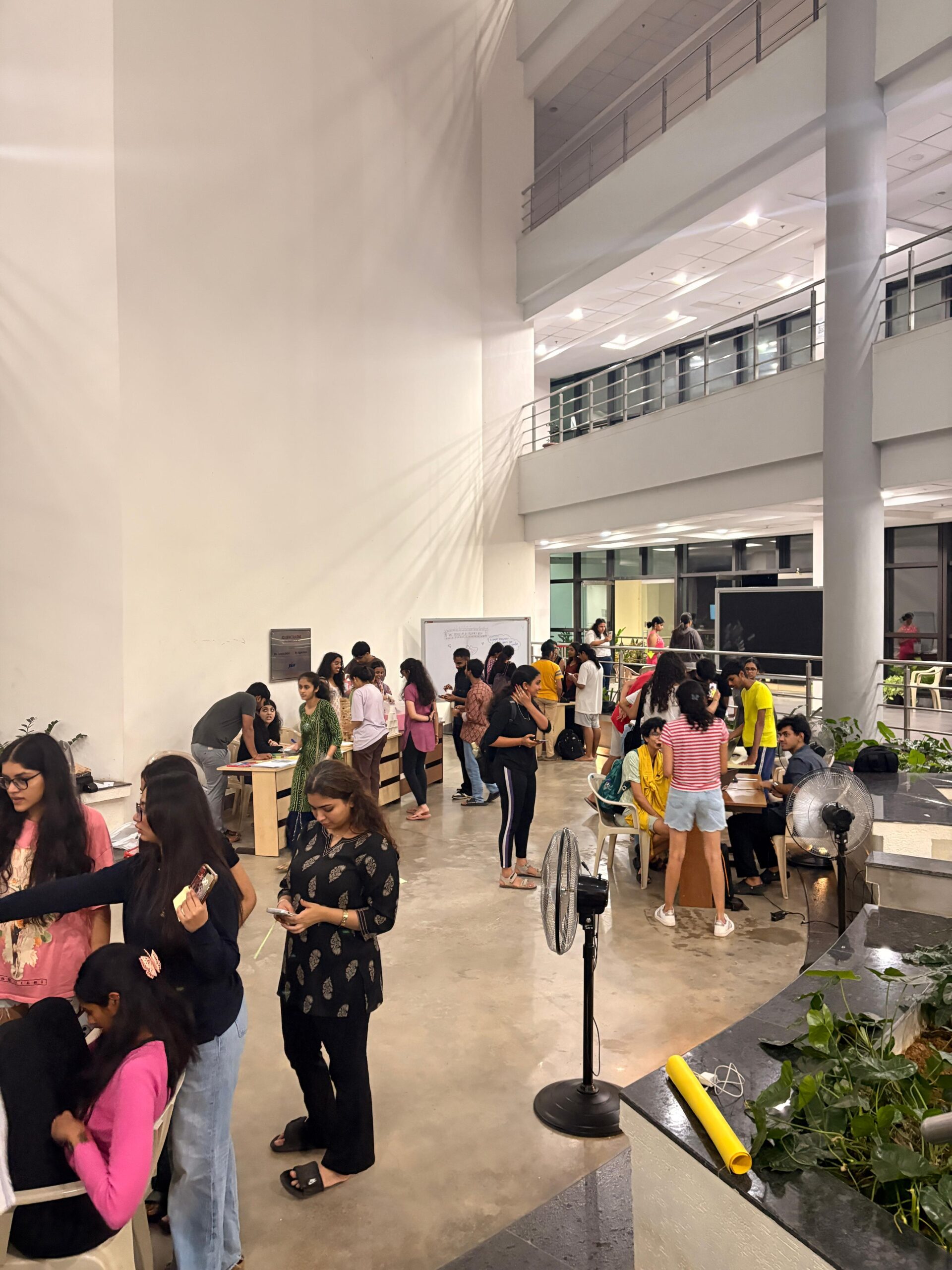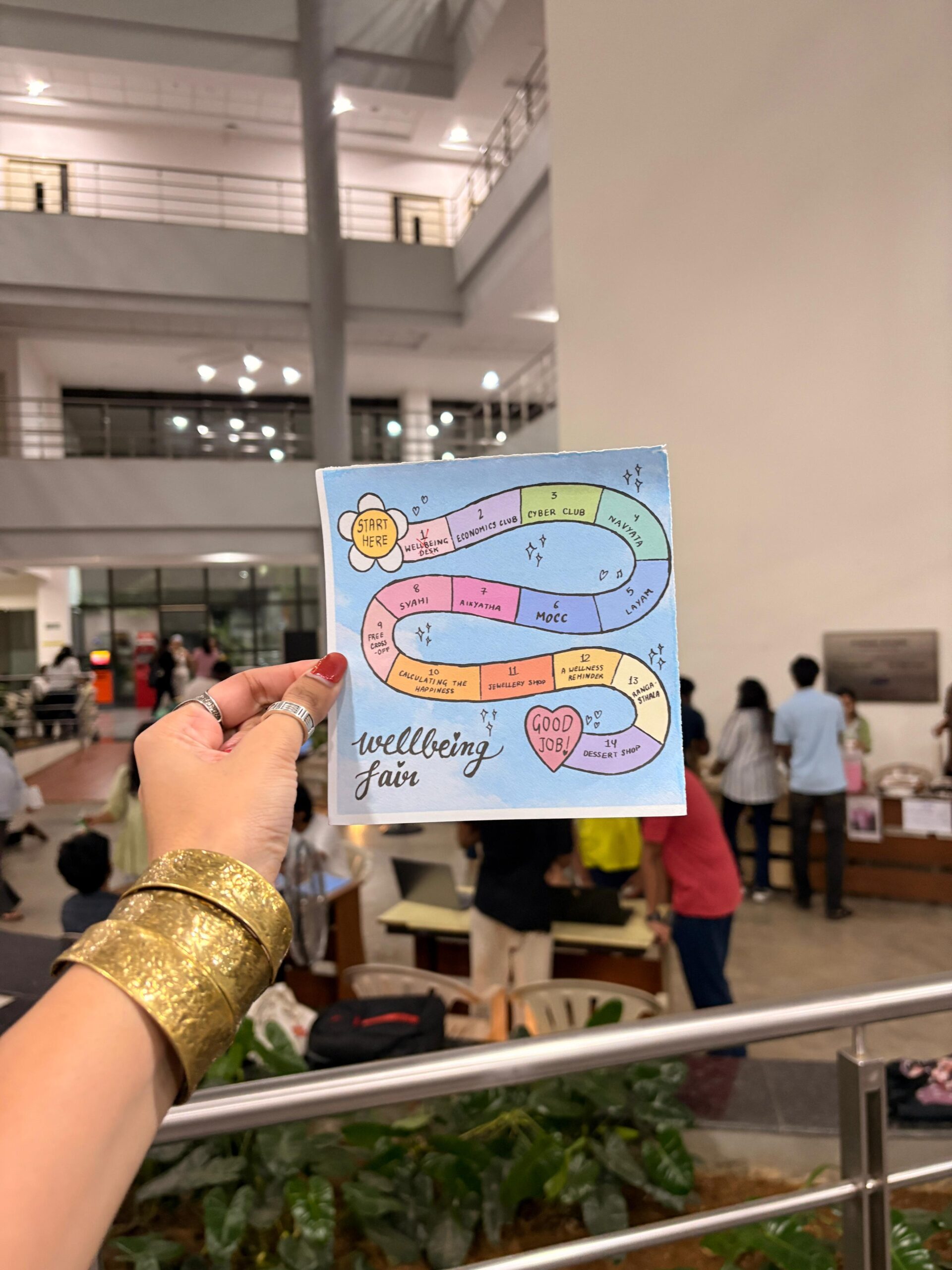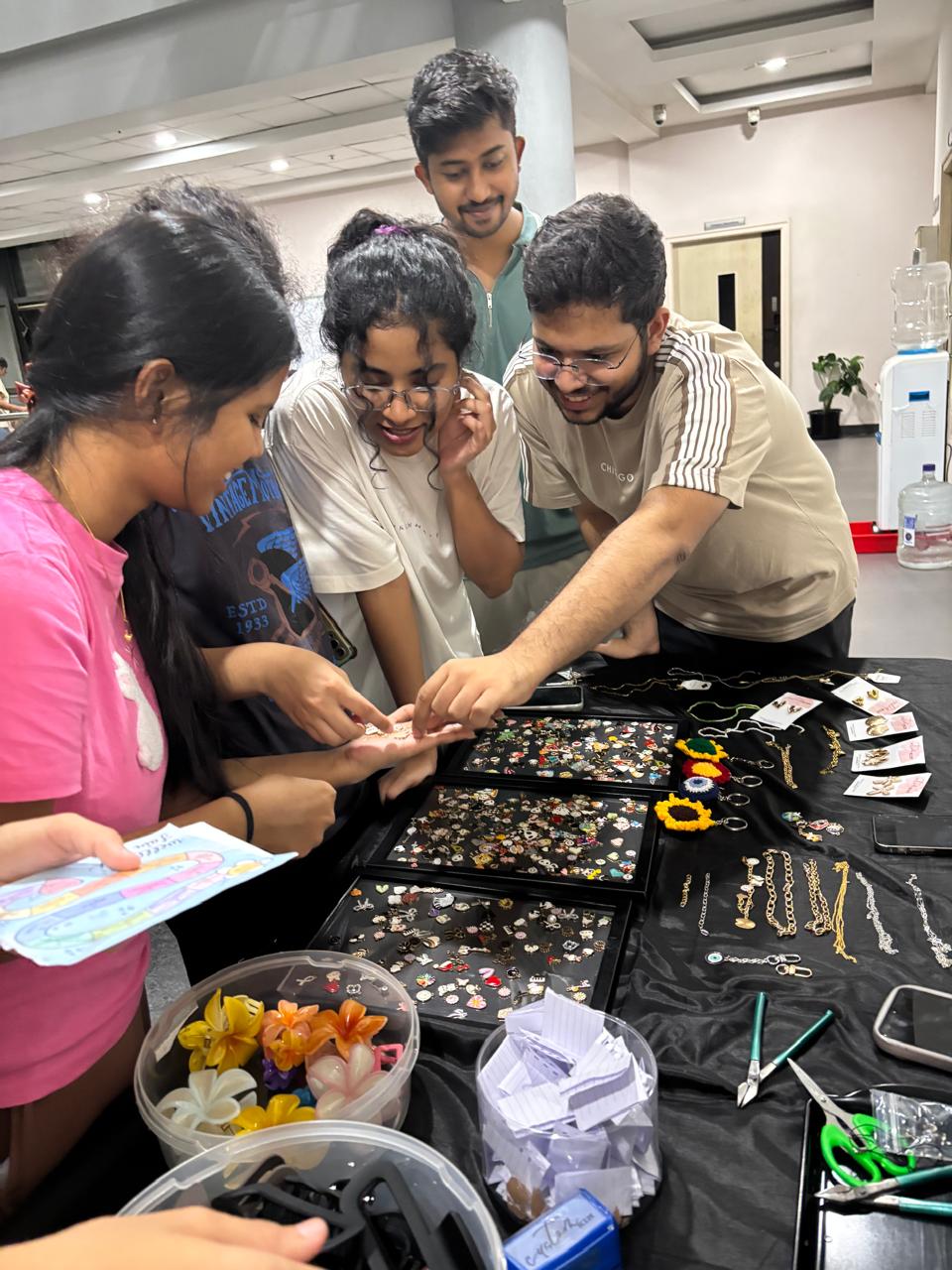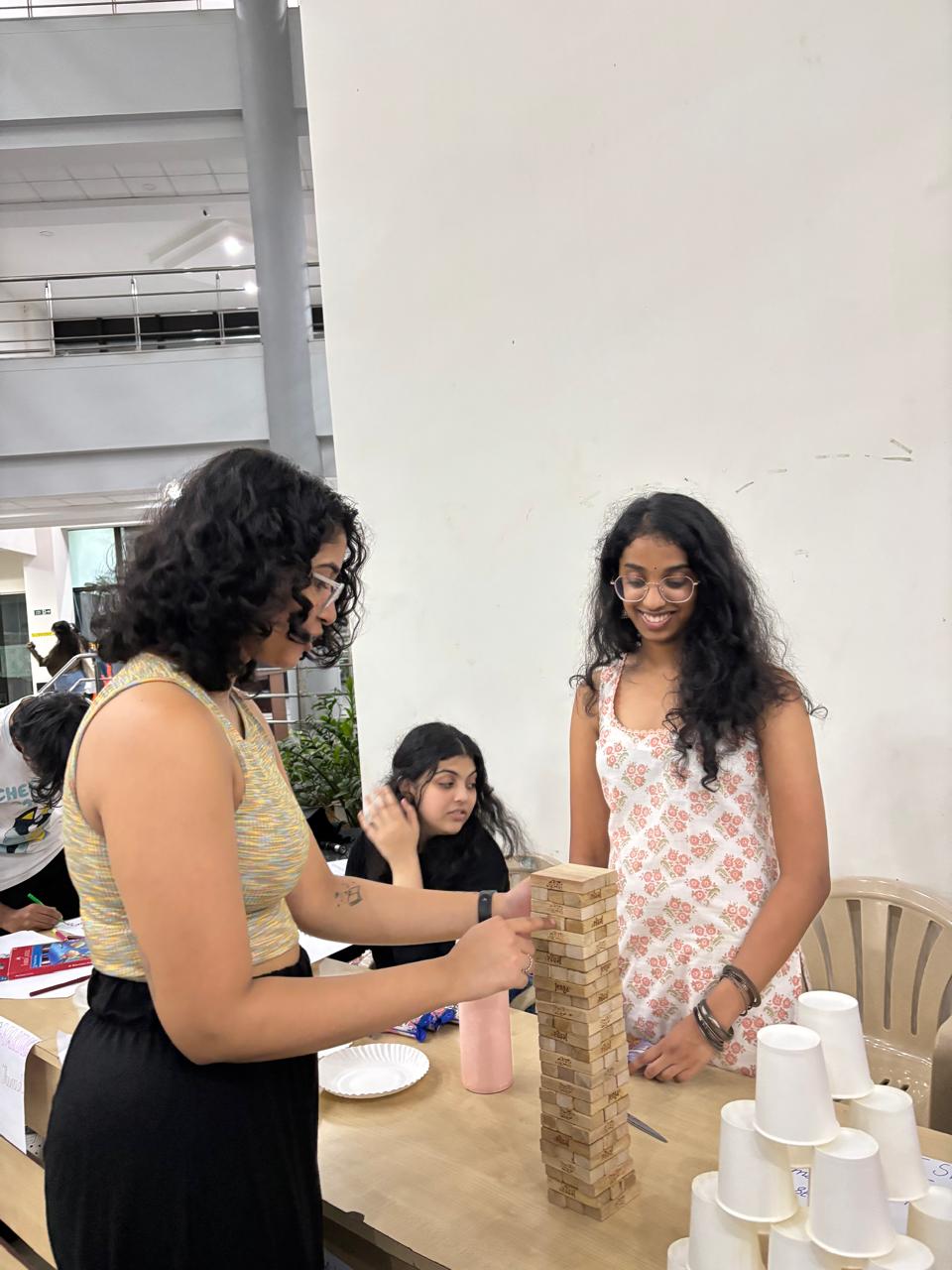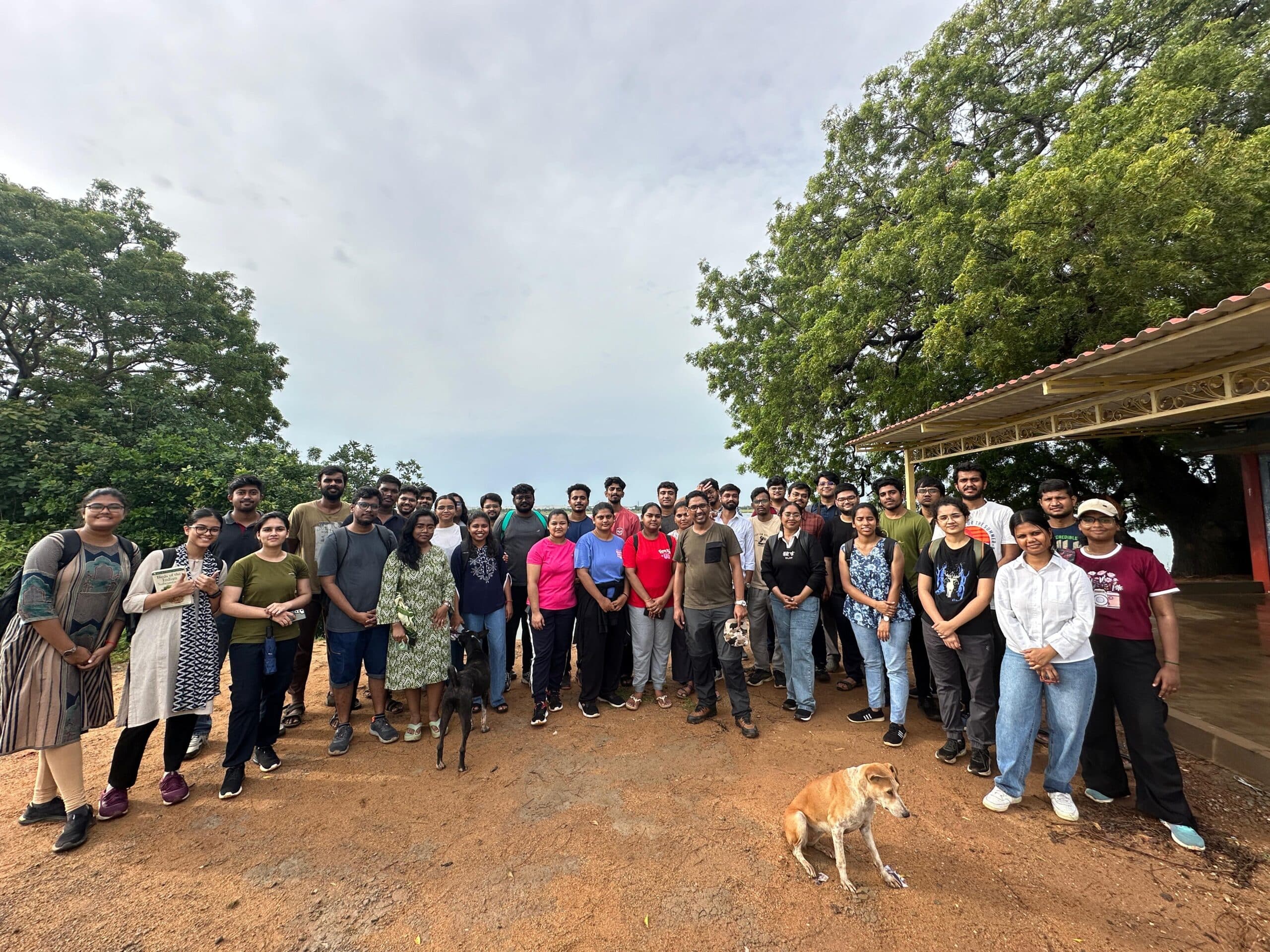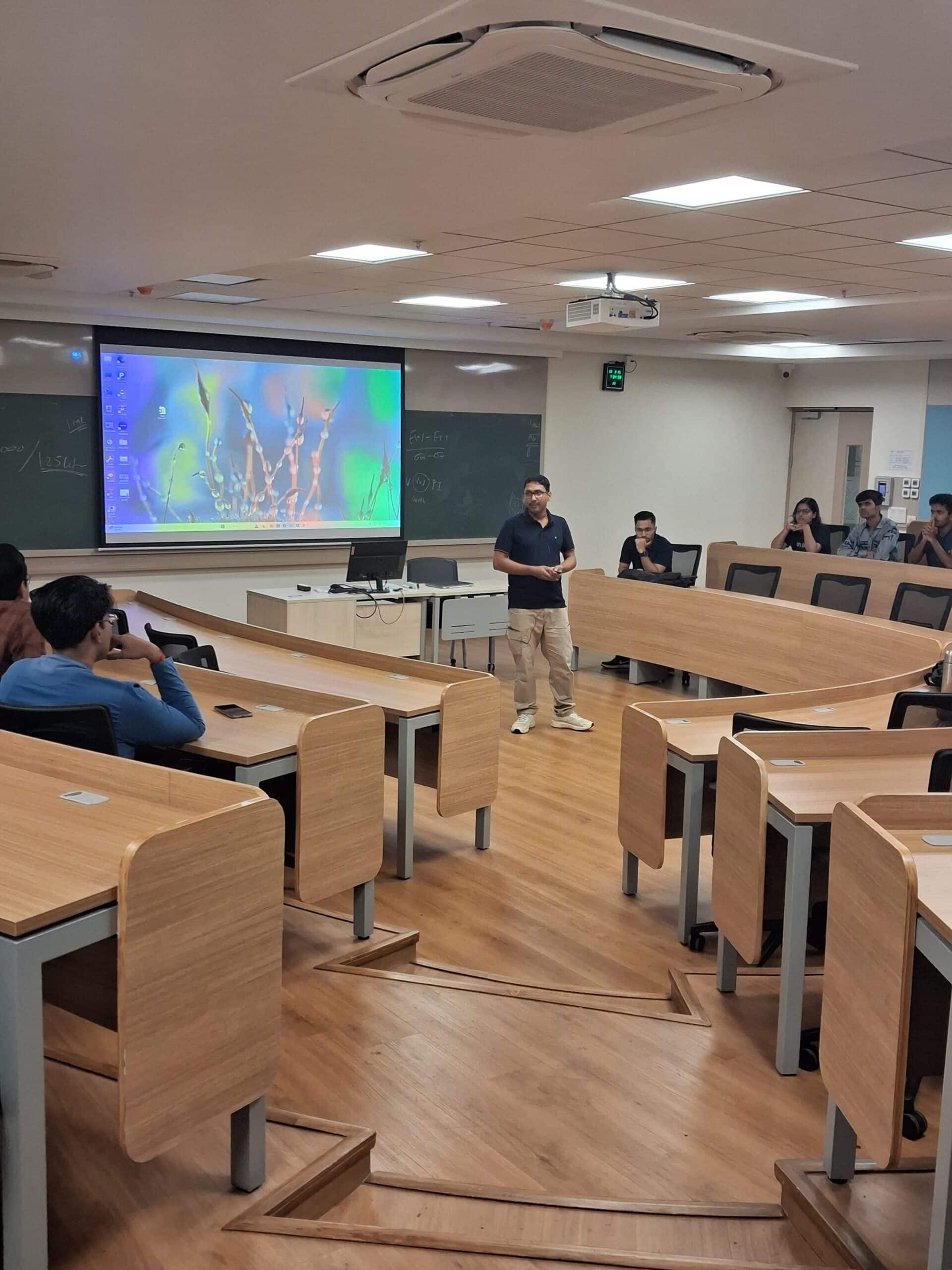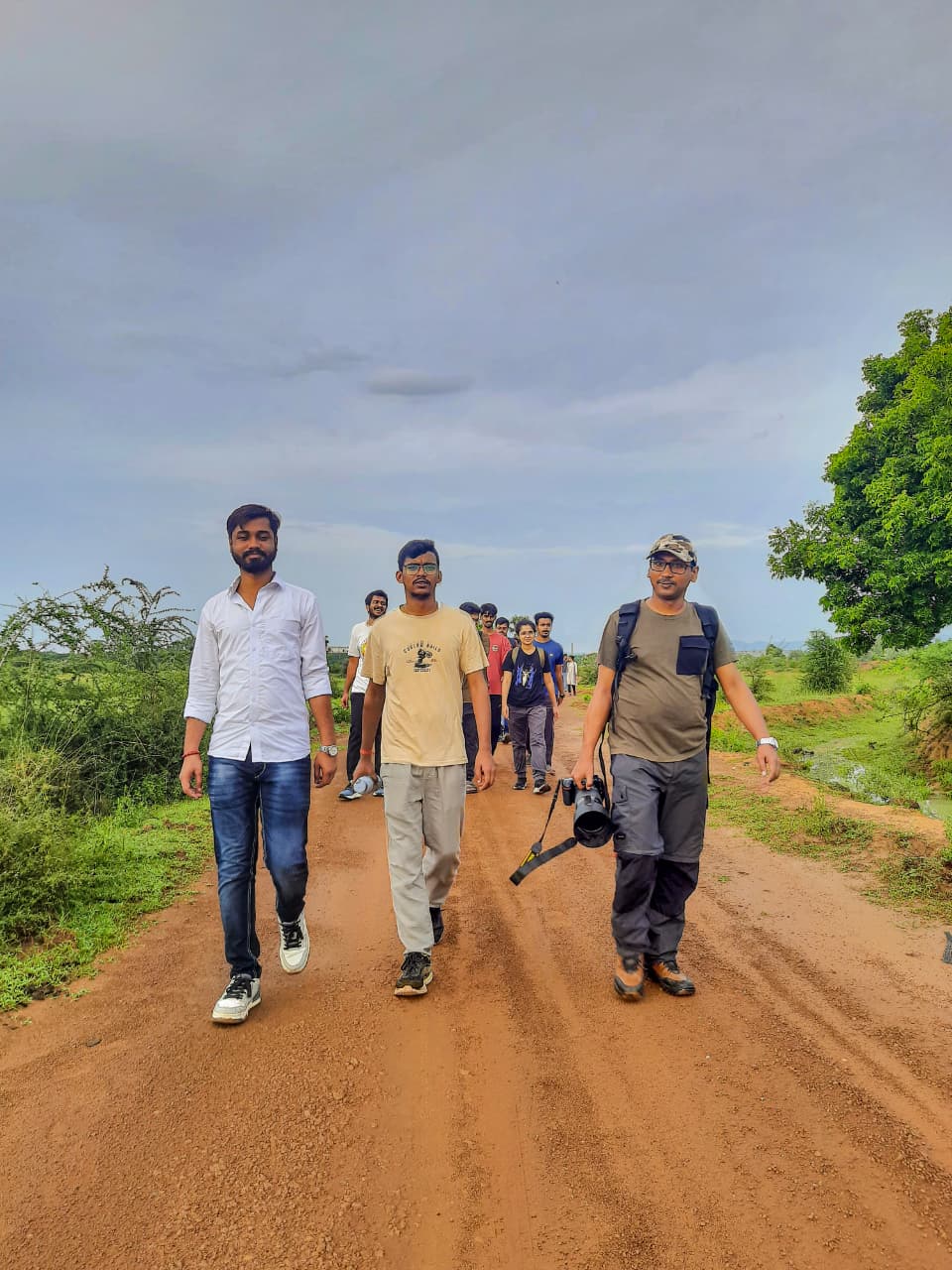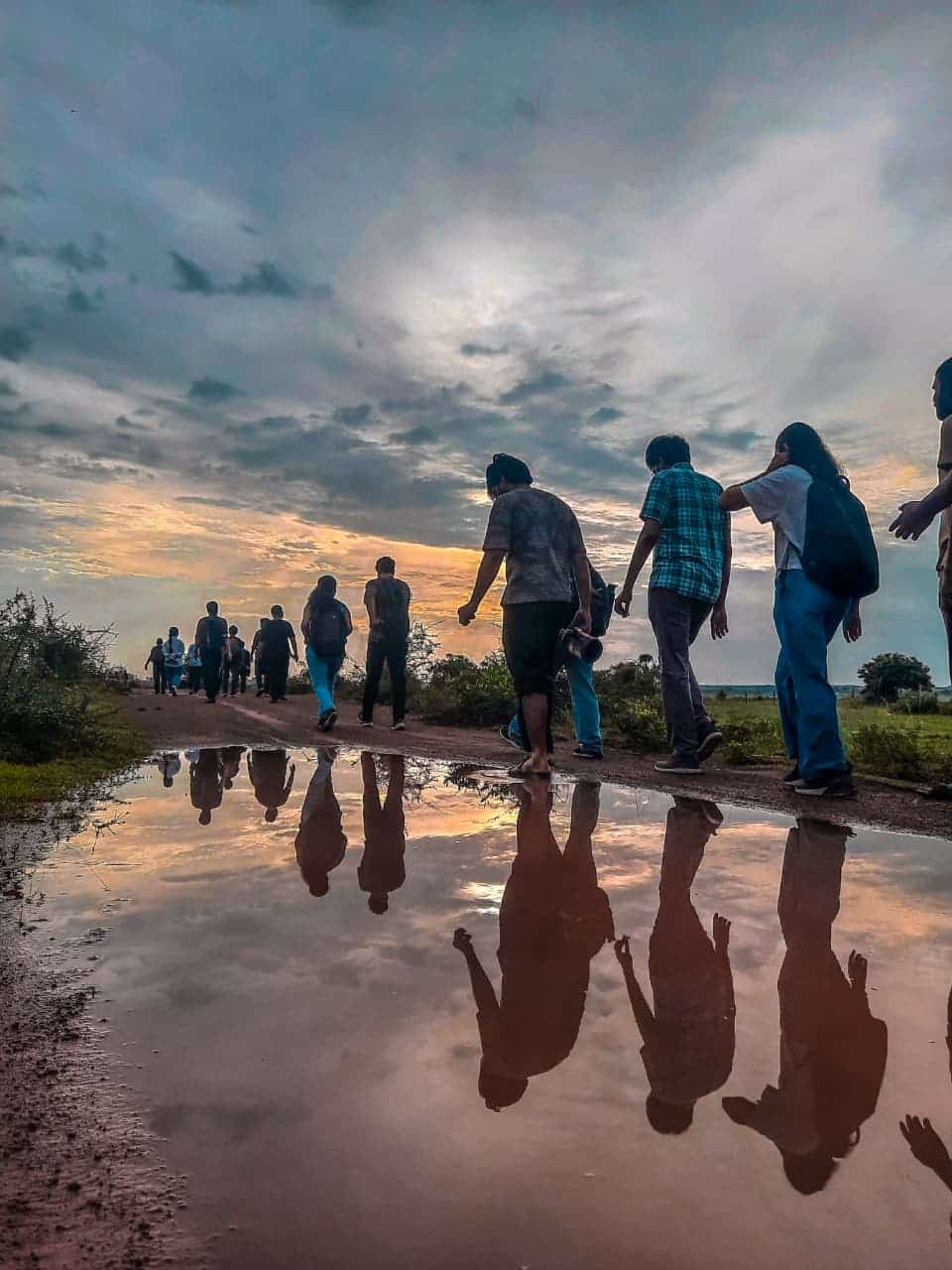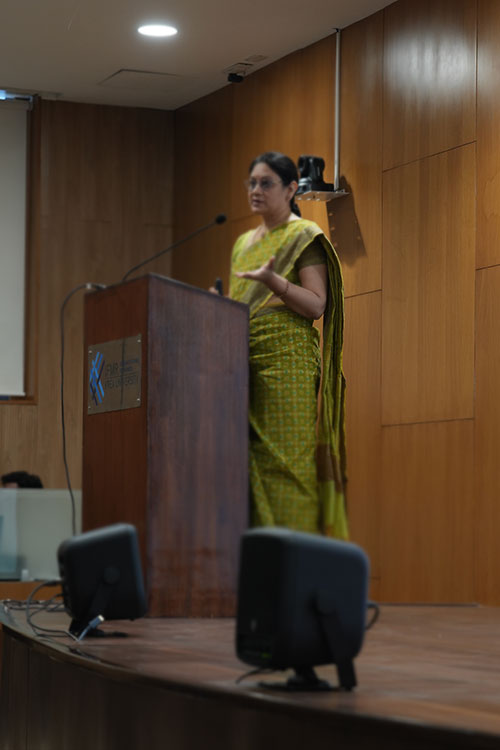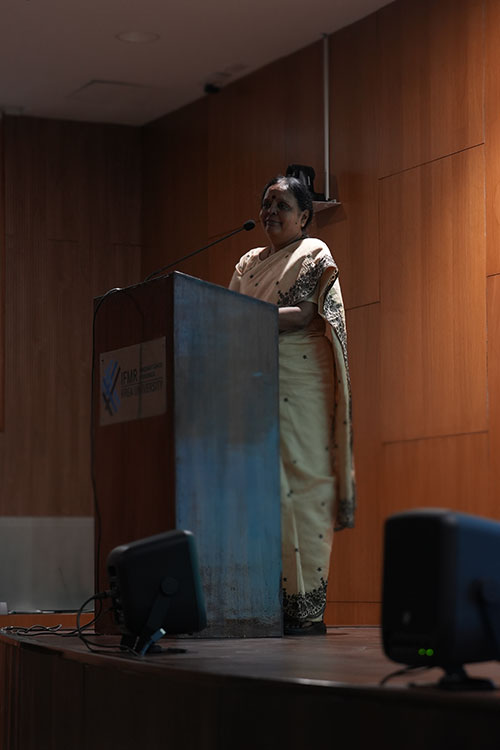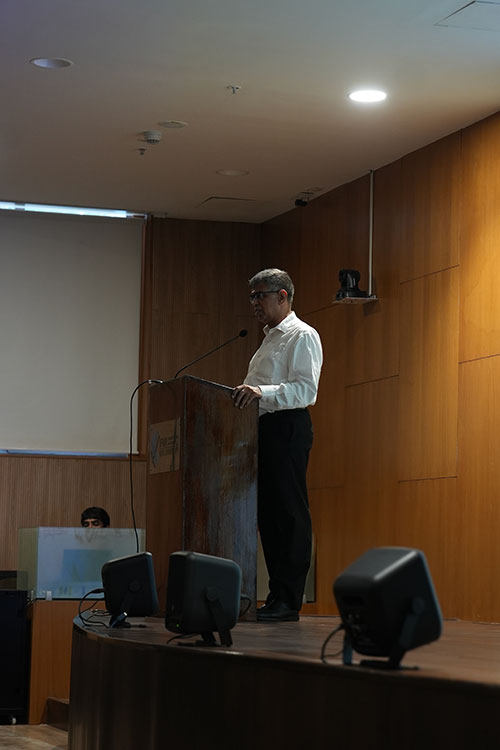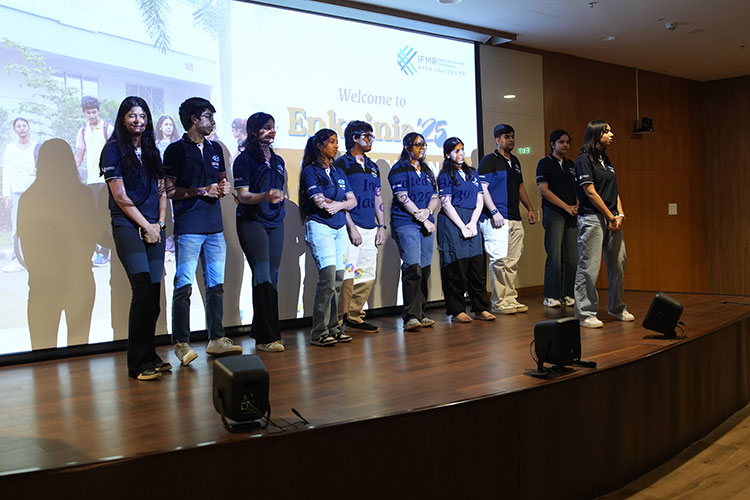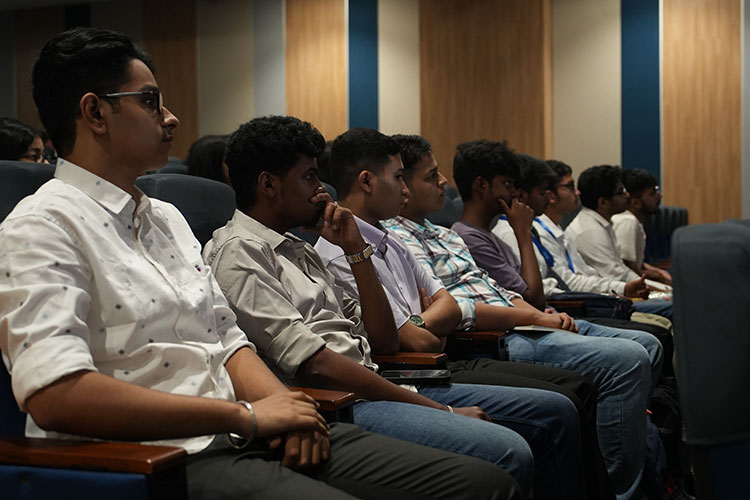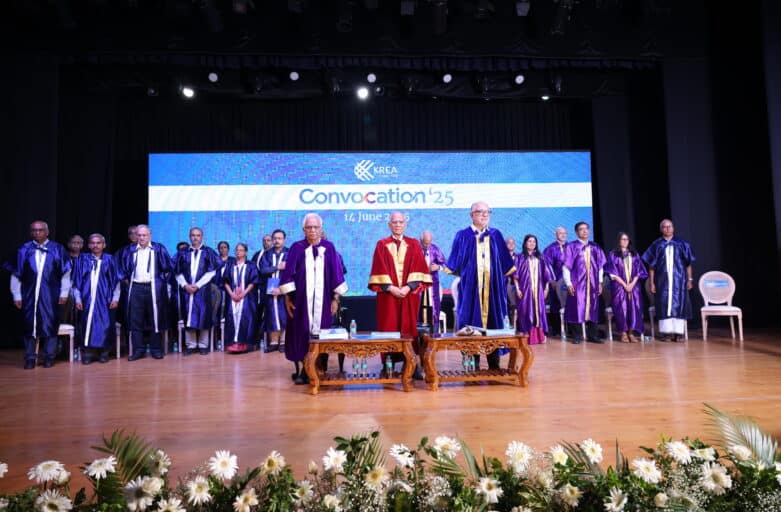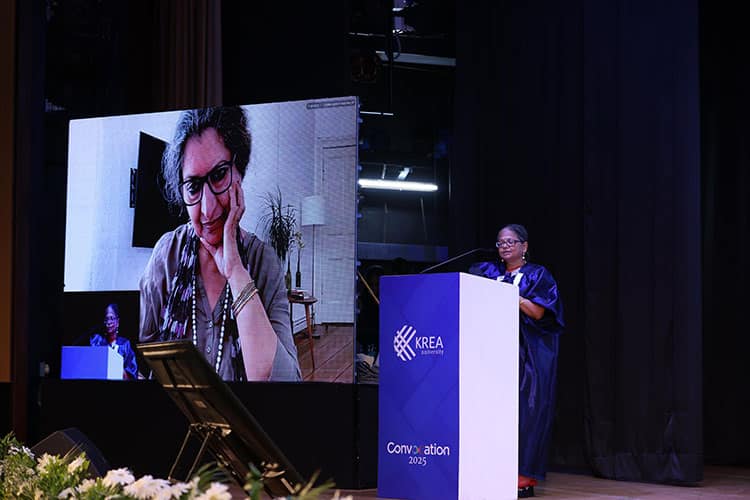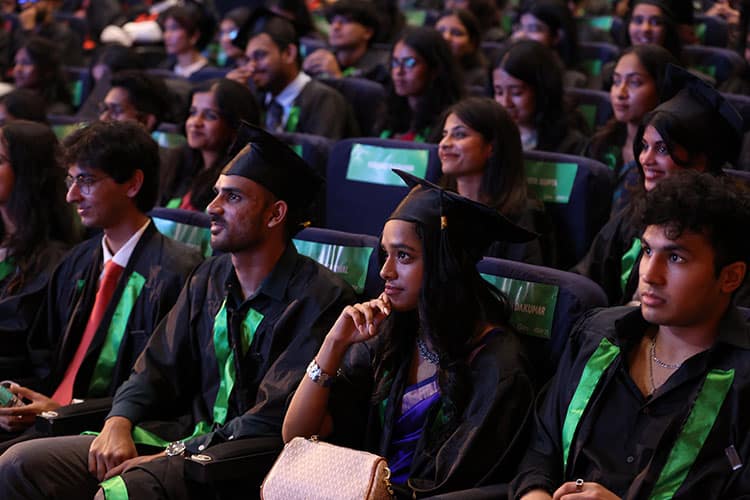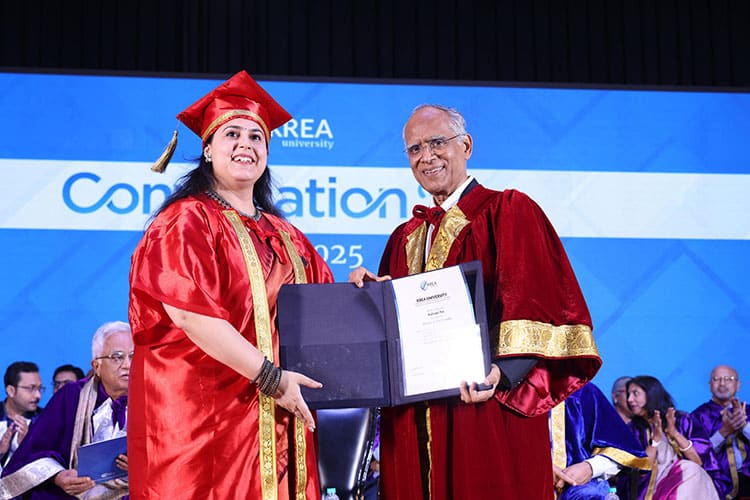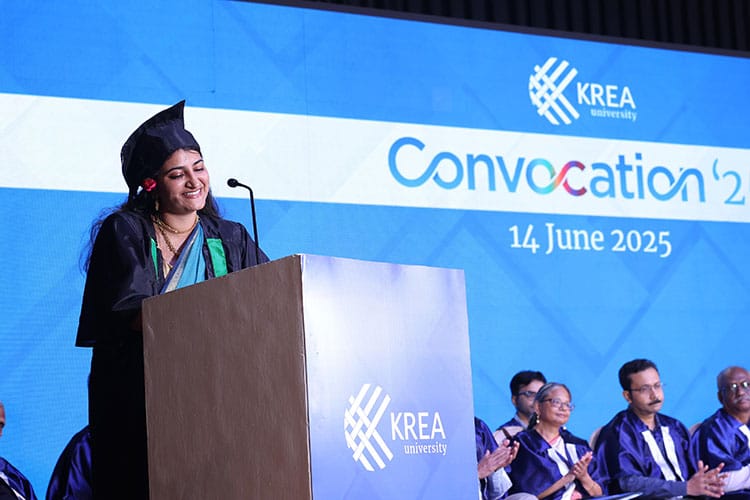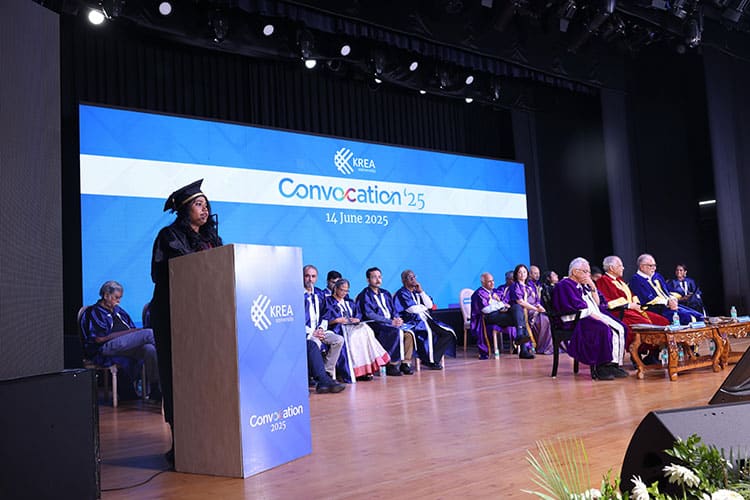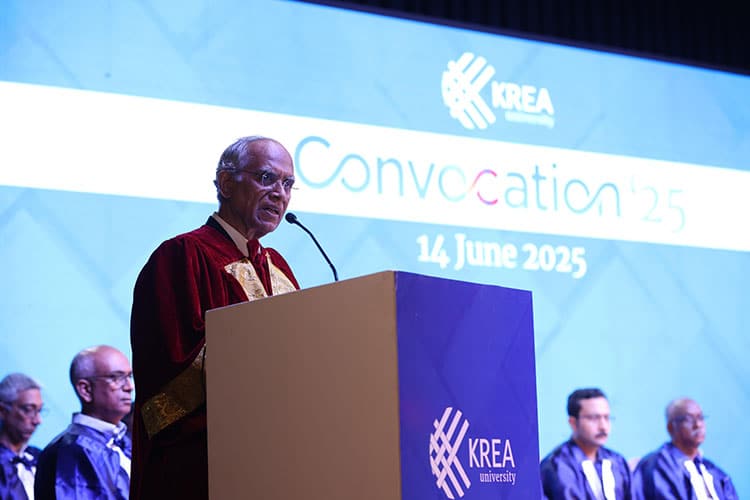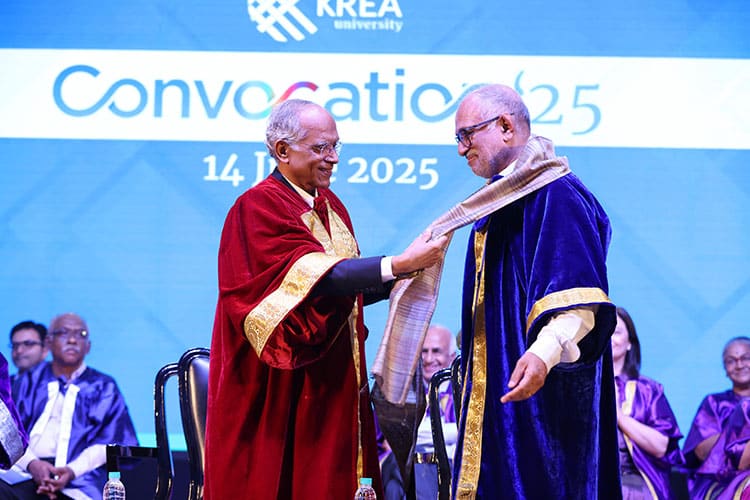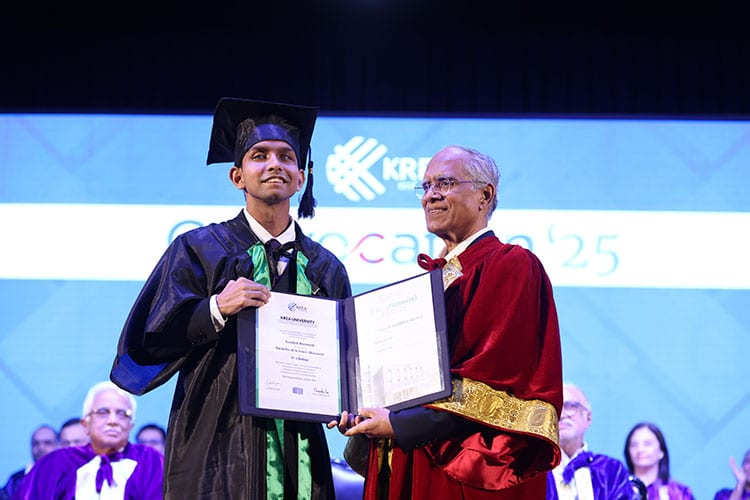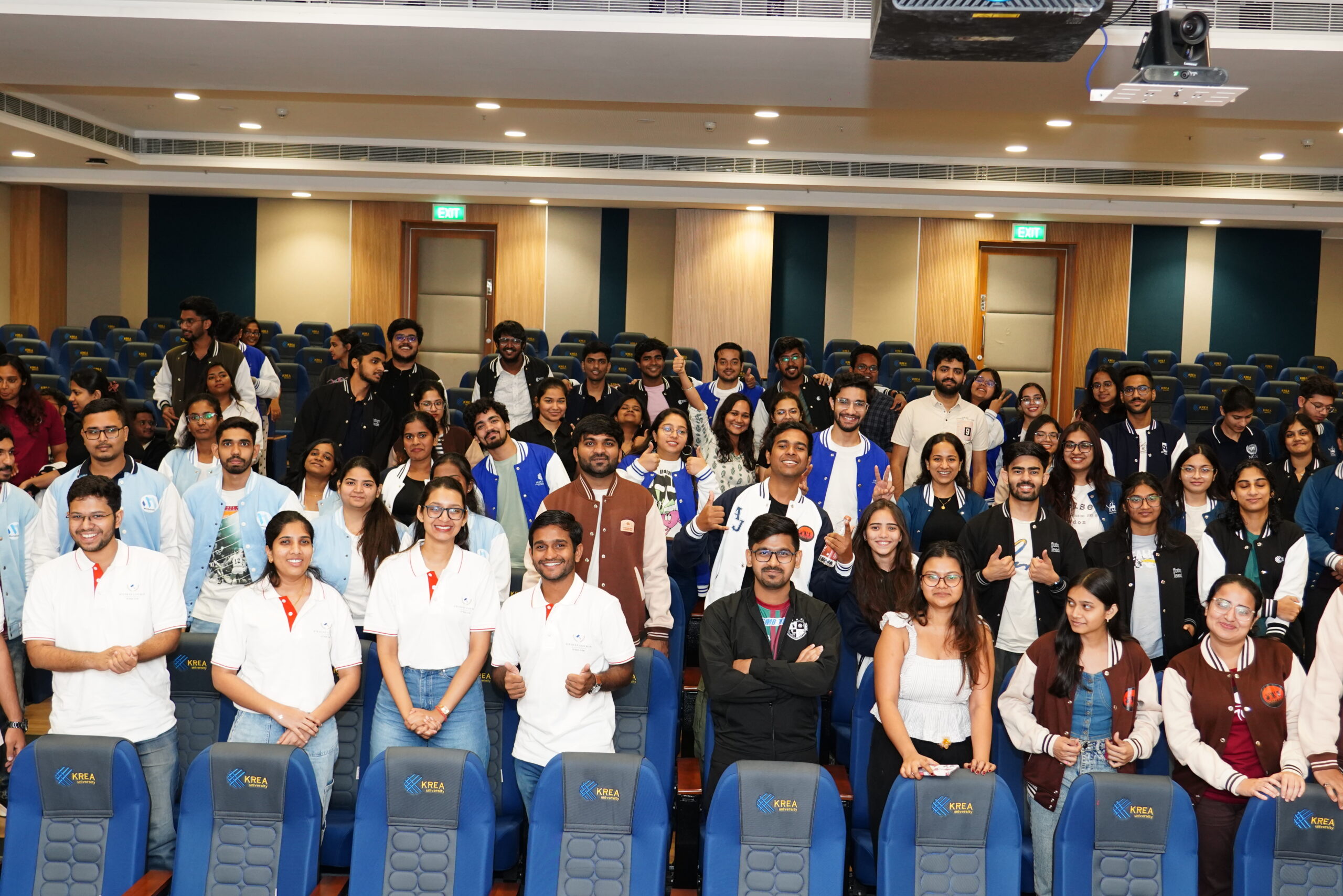
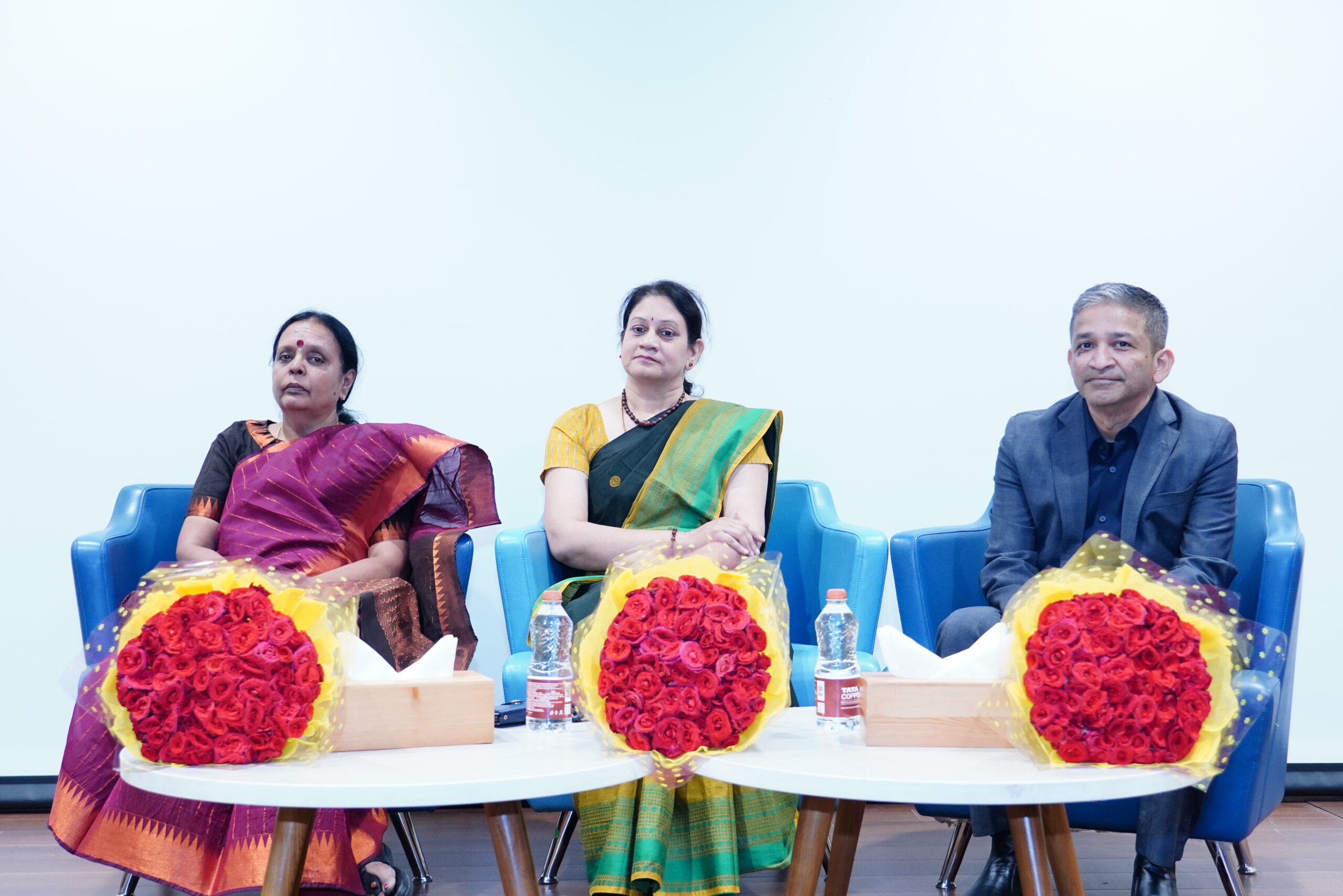
Management fests are often seen as a staple of business schools, a calendar fixture that comes and goes every year. But beneath the surface, these festivals represent something far more meaningful. They are dynamic spaces where classrooms extend into real-world arenas, where ideas meet execution, and where students translate theory into action. From planning and logistics to branding and partnerships, management fests offer experiential learning at its most immersive.
They also serve as powerful expressions of institutional identity. Through competitions, performances, collaborations, and conversations, such fests showcase the spirit of a campus — its creativity, diversity, and ambition. Participants not only compete but also collaborate, network, and build connections with peers, alumni, and industry professionals. For organisers, the process cultivates leadership, teamwork, communication, and problem-solving skills that no textbook can replicate.
It is within this vibrant context that Abhyudaya 2026, the flagship annual management fest of the IFMR Graduate School of Business at Krea University, unfolded over two electrifying days on February 20 and 21, 2026. Now in its 16th edition, the festival brought together students, performers, and collaborators in a celebration of enterprise, culture, and community. The chief guest for this year, Vivek Sethia, President and founder of Insura Inc addressed the students and offered them entrepreneurial advice and practices to follow to become successful individuals in their personal and professional life.
A Confluence of Strategy and Celebration
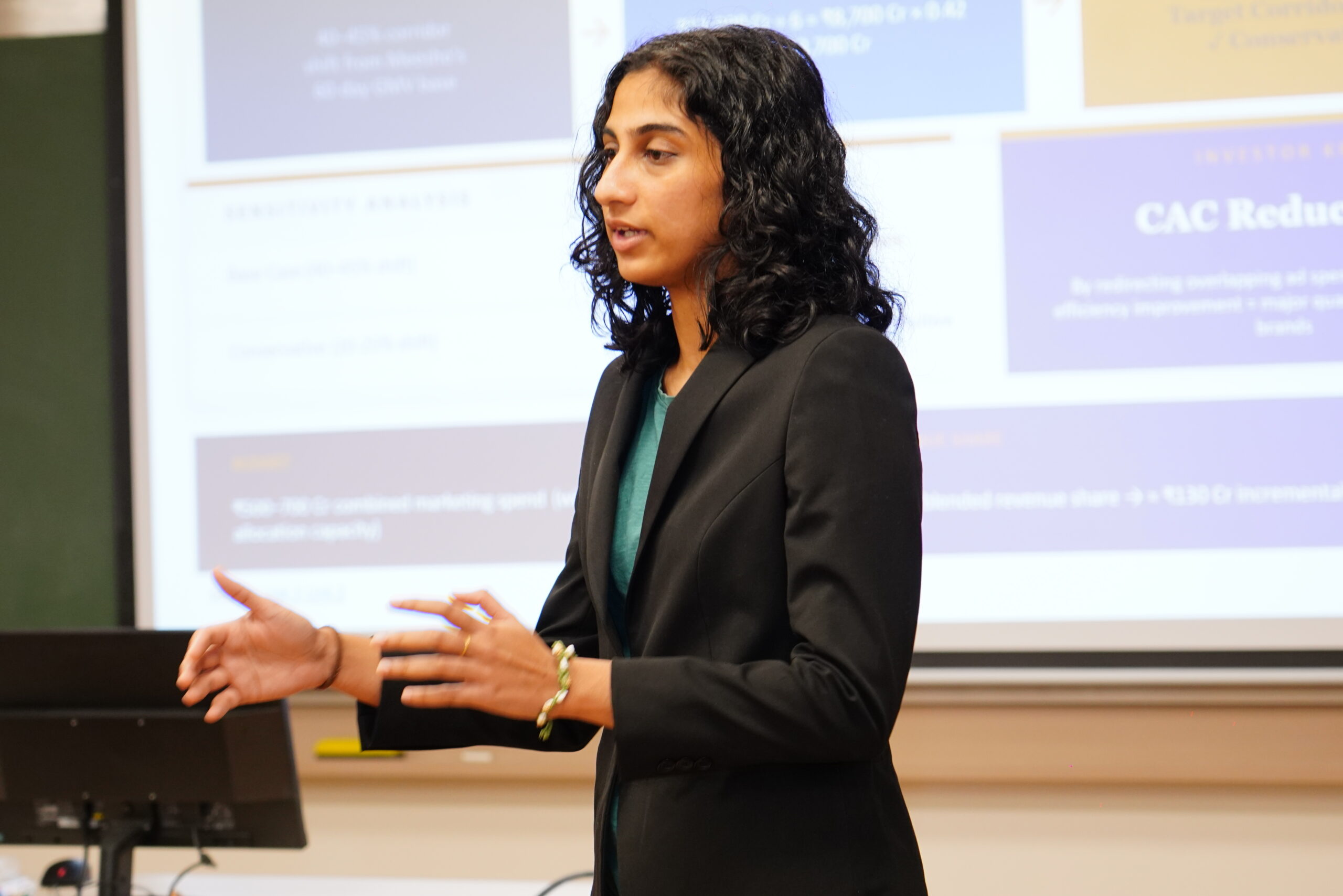
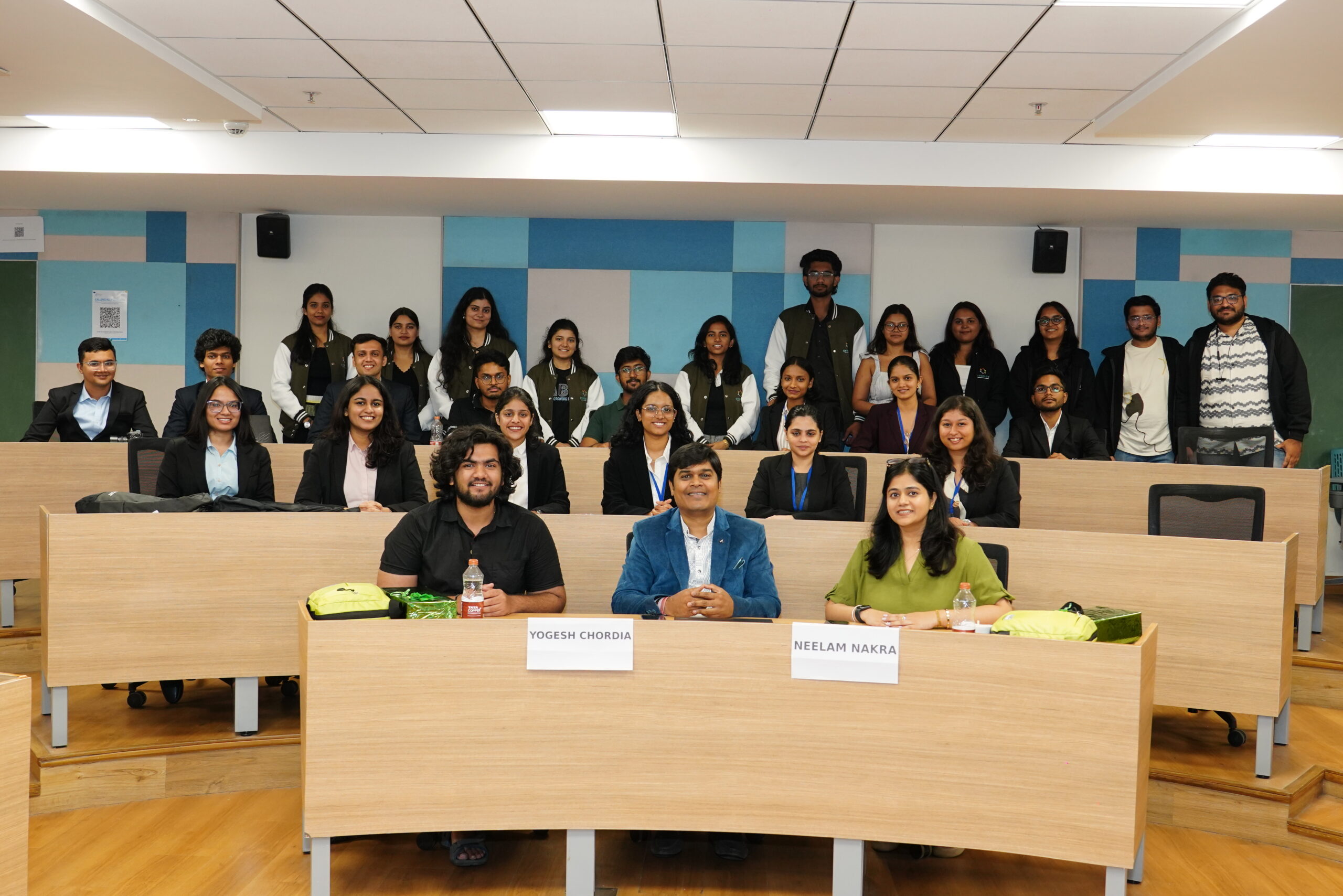
Abhyudaya has steadily grown into a defining campus tradition; one that blends rigorous competition with high-energy cultural engagement. This year’s edition saw wide participation across colleges in India and student clubs of IFMR GSB at Krea University comprising the following:
- Markaholic, the marketing club hosted Market Mayhem where teams pitched creative brand collaboration strategies through presentations. Team Macedonians (IFMR GSB, Krea University) won the competition, followed by Team Artha (Sri Venkateswara University) in second place and Team The Storytellers in third.
- Intellics, the Data Science club hosted DECIPHER 5.0 which tested participants on analytics, finance, and business problem-solving through a fintech case focused on customer churn in a digital payment platform. Team Doodlers (Great Lakes Institute of Management, Chennai), Team Data Ninjas (IFMR GSB, Krea University) and Team Strat IQ (IFMR GSB, Krea University), emerged as winners.
- Optemux, the Operations club hosted Ops Fusion which aimed at testing the participants’ problem-solving and analytical thinking skills. Team Impact Minds (Chennai Institute of Technology) secured the first place, followed by Team Artha (Shri Venkateswara College of Engineering, Chennai), University of Delhi and Team Welookup (Welingkar Institute of Management).
- Arthasabha, the Finance Committee organised Portfolio Maestro which challenged participants to design investment strategies for diverse investor profiles. Team Finfox (NIBM, Pune) won the competition, followed by Team Finance Addicts (IFMR GSB, Krea University) in second place and Team Sankalp (IFMR GSB, Krea University) in third place.
- Synergy conducted a national- level HR strategy competition called Talent Matrix that tested participants on designing CVs, JD and HR-decision making rounds. The event offered hands-on exposure to real-world HR challenges. Team Alpha Q secured first place, followed by Team Prime Trio in second place and Team HR Heritage in third place.
- The MUN Club of IFMR GSB, Krea University organised Chanakya’s Circle 1.0, featuring an Oxford-style debate format. Vikramman and Vanshita Sharma (IFMR GSB, Krea University) secured first place, followed by Siddharth Singh and Naren P S (SDMIMD) in second place and Vedaniya Ruchit Hiteshbhai and Dheeraj Bakshi (IMI Bhubaneswar) in third place.
- Raga, the music club of IFMR GSB, Krea University hosted Sur-Sangam at the Open Air Theatre as part of Abhyudaya 2026. Bands performed multilingual sets based on the theme of the fest, bringing a lively musical atmosphere to the campus. Dan B (SIAS, Krea University) secured first place, followed by Daffodils (IFMR GSB, Krea University) in second place and Versatile Vocals in third place.
- The Consulting Committee organised Consigliere, a national-level case study competition. An MSME transformation case was presented to the participants which encouraged them to present their strategies to address the real-world business case at hand. Shourya and Ankit Paul (IFMR GSB, Krea University) emerged as winners, followed by Rajput Adit Arun Singh (Sri Venkateswara College of Engineering, Chennai) in second place and Pradeep Sharma (IIM Trichy) in third place.
- The Quiz Club of IFMR GSB, Krea University hosted Unity Q, bringing together teams for a fast-paced quiz competition. Power Rangers (IFMR GSB, Krea University) secured first place, followed by Demon Tycoons in second place and FinanceGeek (Welingkar Institute) in third place.
- The Speakers’ Club at IFMR GSB, Krea University organised Rhetoric Realm which encouraged participants to display their communication, creative thinking and articulation skills. Team Macedonians emerged as winners, followed by Team Batman and Team Mavericks.
- The 6-A-side Futsal tournament delivered fast-paced action and competitive matches. Teams showcased teamwork and competitive spirit, with IFMR A emerging as winners under the captaincy of Amritesh Verma.
The competitions were designed not just to identify winners but to simulate real-world problem-solving environments. Participants navigated tight timelines, evolving briefs, and high-stakes presentations, mirroring the pressures and possibilities of professional life. For many, it was an opportunity to apply classroom learning in tangible ways, while also building confidence and peer networks.
Where Campus Comes Alive
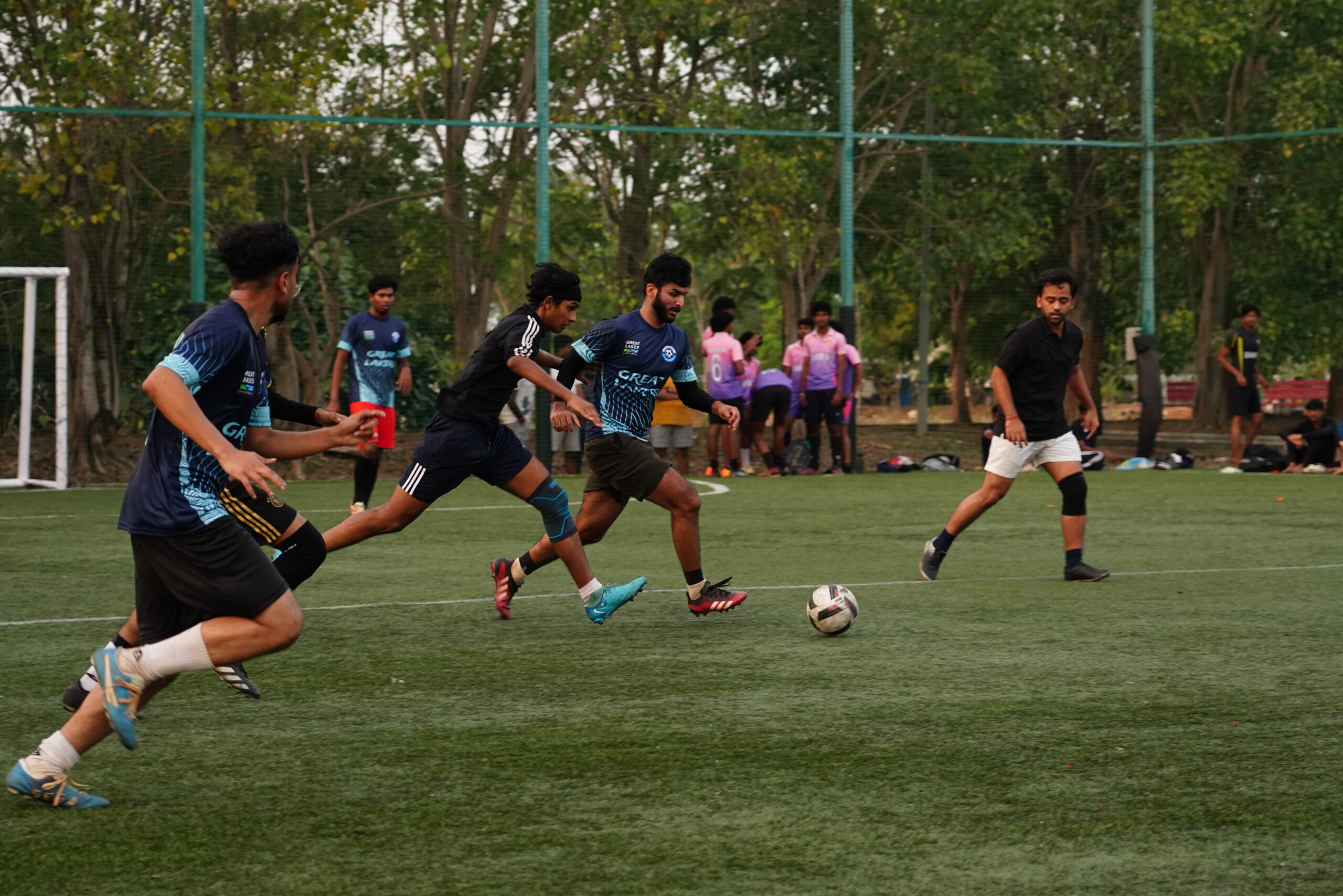
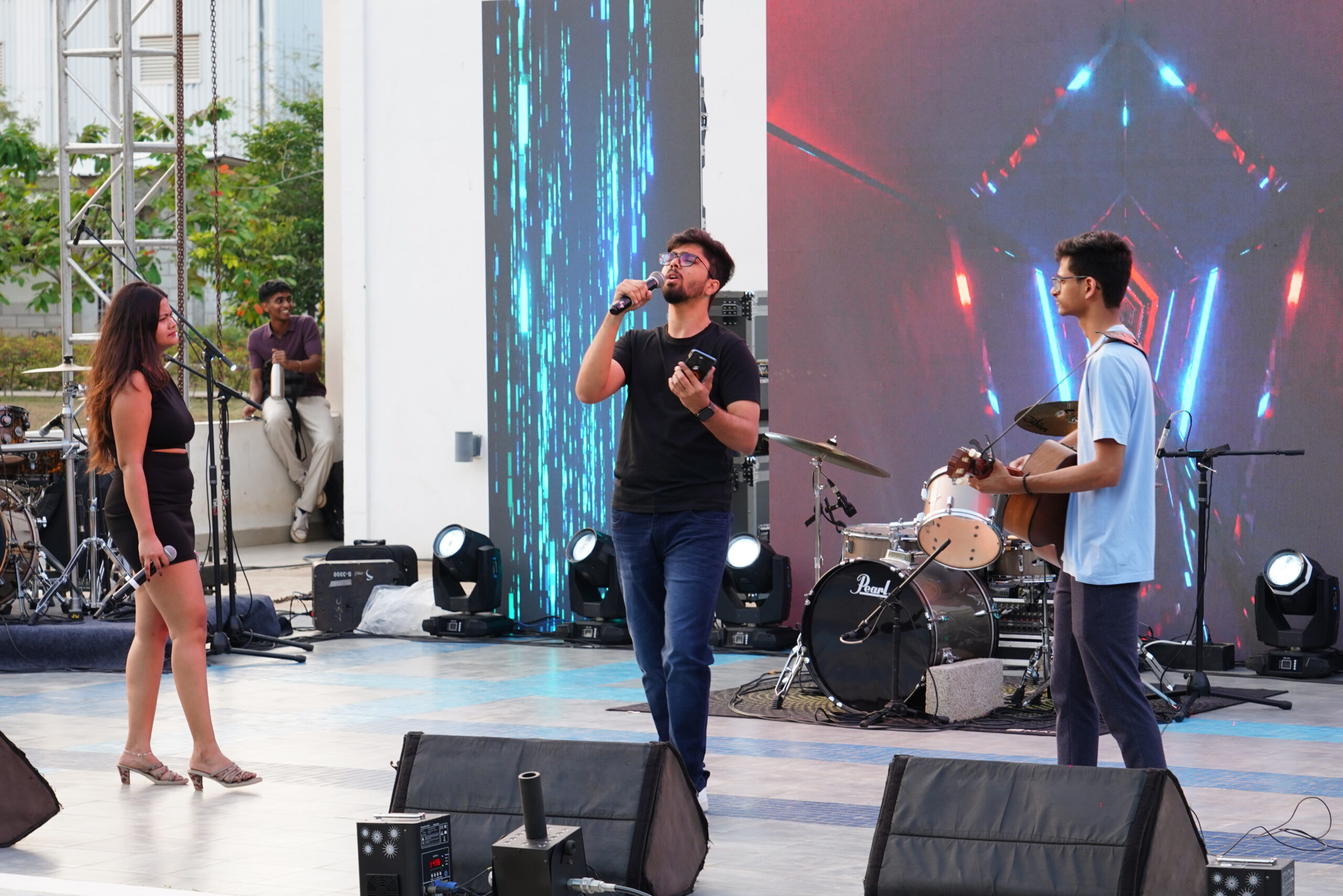
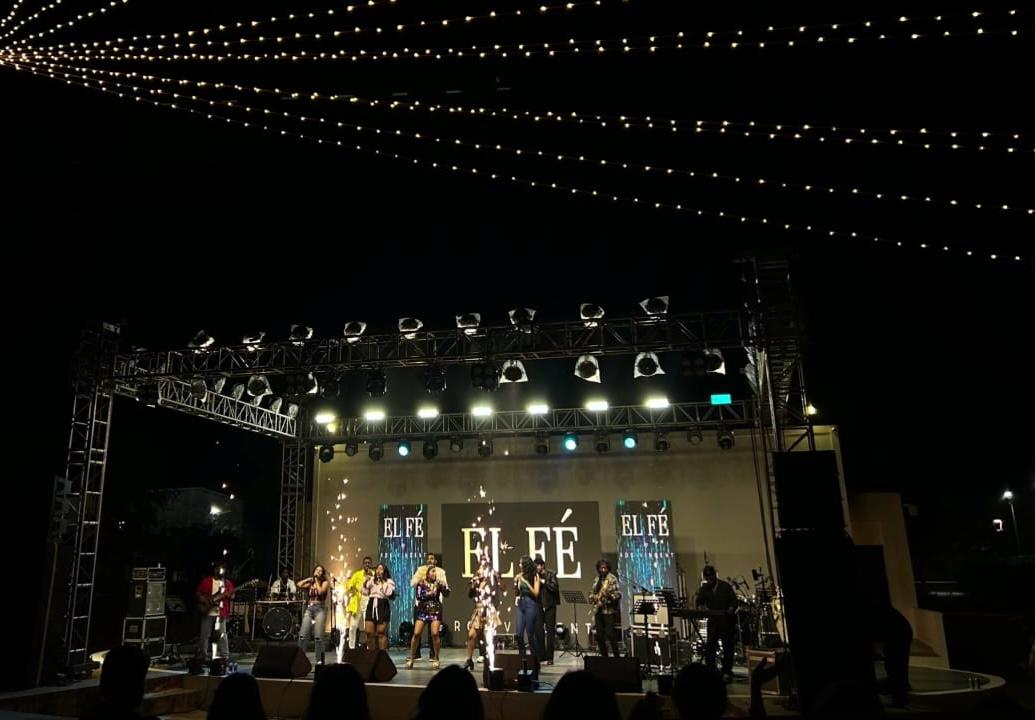
Yet, Abhyudaya has always been more than a competitive platform. As the sun set each evening, the campus transformed into a vibrant cultural hub. Live concerts and performances drew enthusiastic crowds, creating moments of shared joy and celebration. Music, lights, and an electric atmosphere ensured that the fest resonated far beyond auditoriums and competition halls. This year the fest witnessed two high-performing bands – Elfe choir, a renowned Chennai-based vocal group and Miraazz, a Delhi-based Sufi band. In addition to this, stalls, games, and informal gathering spaces added another layer to the experience, turning the festival into a lived, collective memory. Students, families, and visitors mingled across spaces, reinforcing the sense of togetherness that defines the Abhyudaya spirit. These quieter moments punctuated by laughter between events, spontaneous conversations, and late-evening reflections, often became the most memorable.
Learning Beyond the Classroom
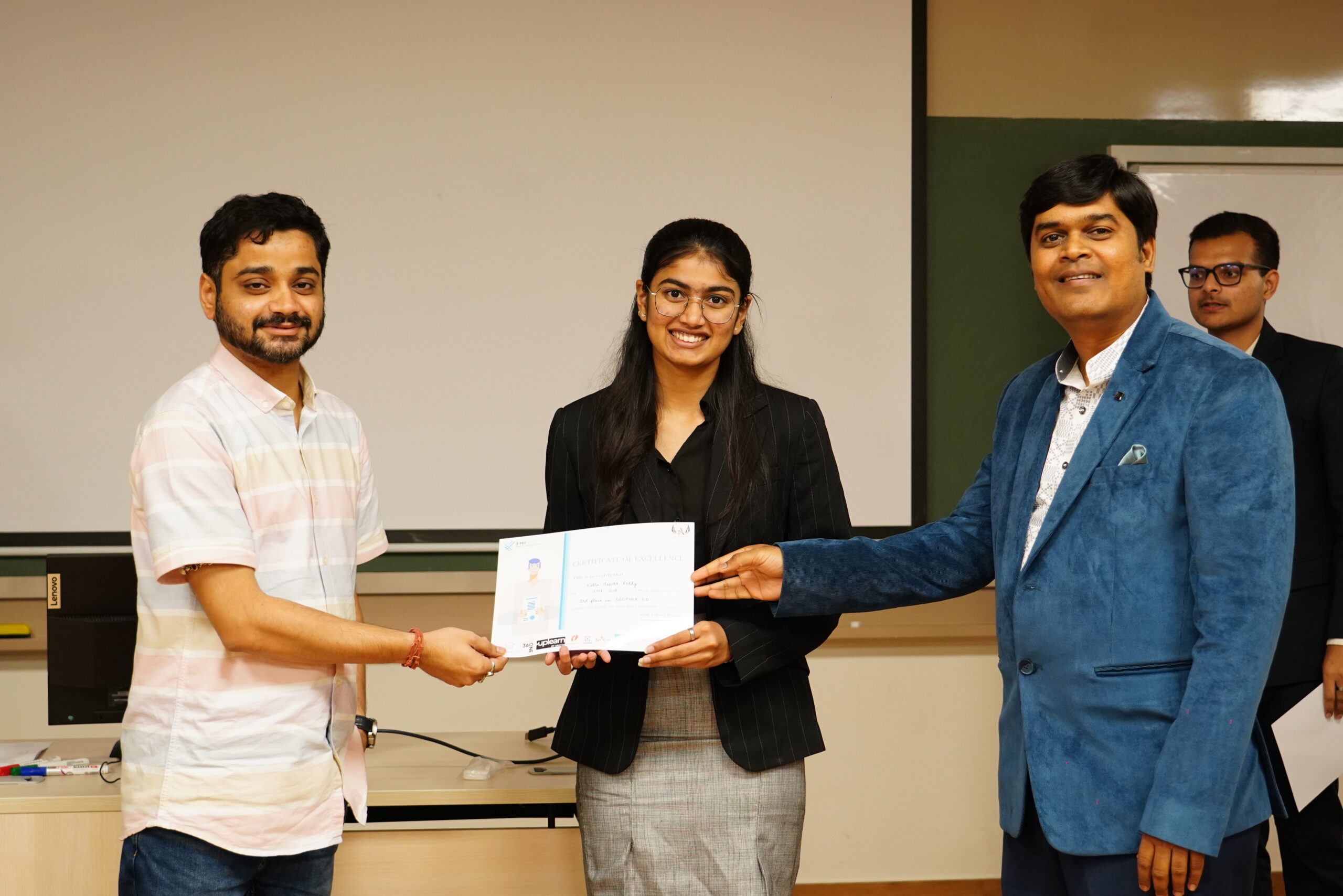
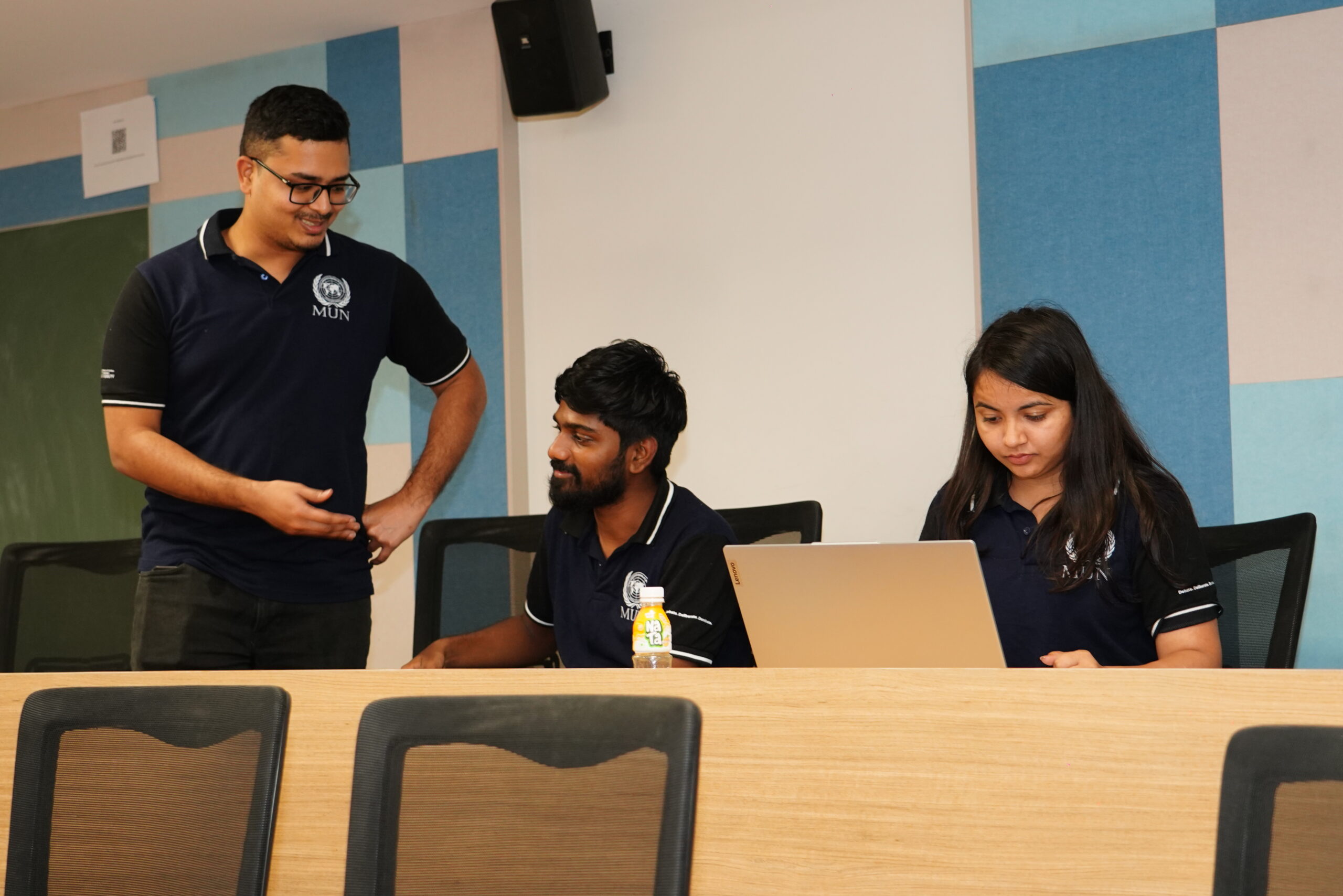
What makes Abhyudaya truly significant is the ecosystem it creates. By bringing together organisers, participants, and audiences, the fest becomes a microcosm of the professional world. Students step into roles as planners, marketers, designers, negotiators, and leaders learning to manage complexity while maintaining creativity.
Such platforms also open doors to meaningful engagement beyond campus. Interactions with guests, judges, and collaborators provide exposure to industry expectations and evolving professional landscapes. For many students, these encounters spark new aspirations and directions.
A Festival, A Legacy
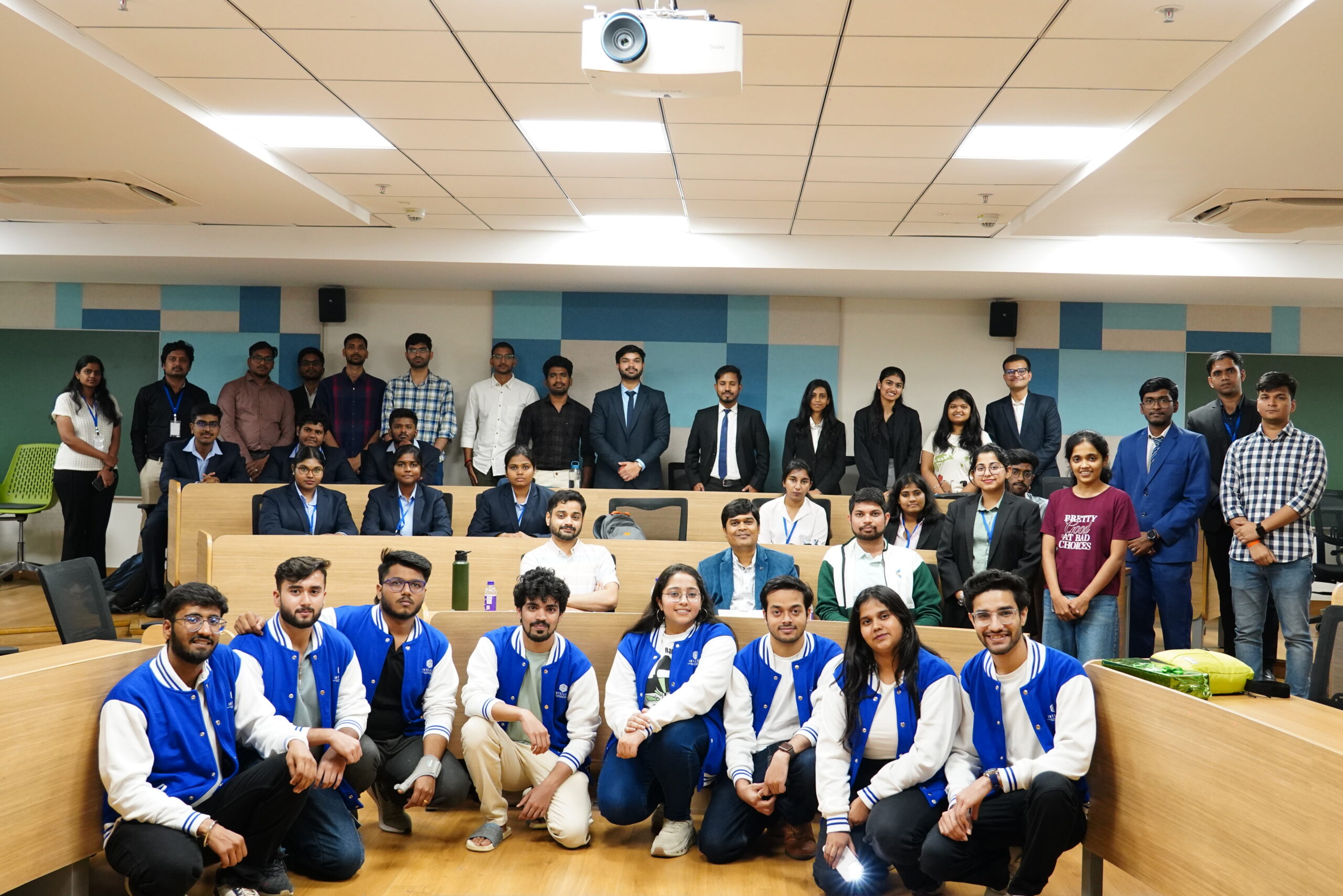
Sixteen editions in, Abhyudaya continues to evolve while staying rooted in its core purpose: building a community that celebrates initiative and shared growth. It reflects the ethos of a new-generation management education: one that values not just academic excellence but also creativity, collaboration, and social connection.
As the final performances concluded and the lights dimmed, Abhyudaya 2026 left behind more than memories. It reaffirmed the enduring value of student-led spaces that inspire learning, belonging, and possibility, reminding everyone that the true impact of a management fest lies not just in what unfolds over two days, but in the experiences that shape the journeys beyond them.
Information credit: Nikhil Agarwal, MBA Cohort of 2024-2026, IFMR GSB, Krea University
